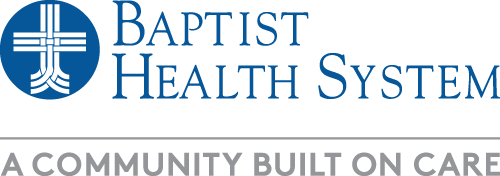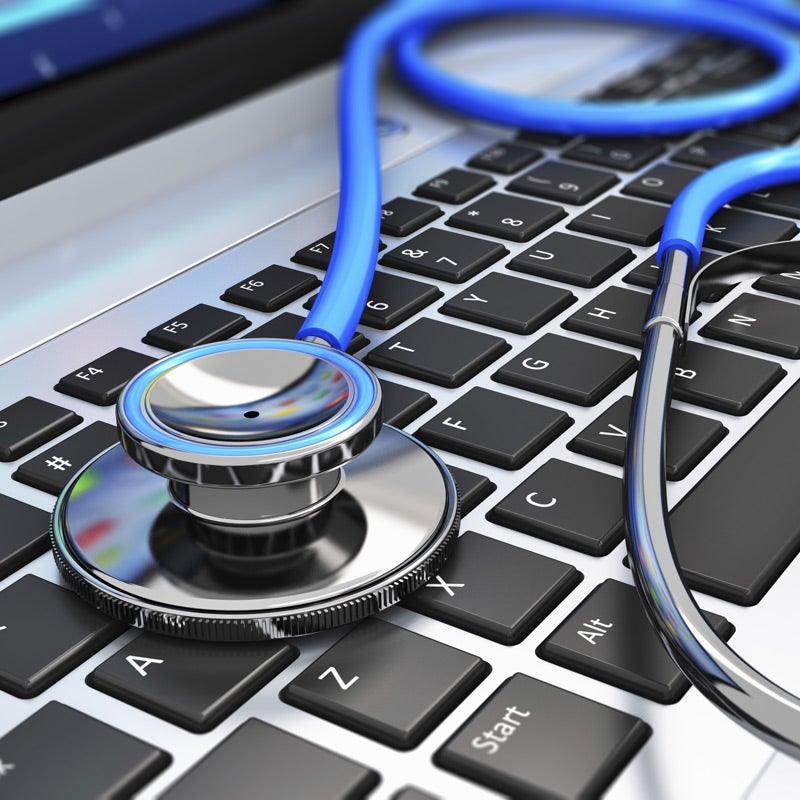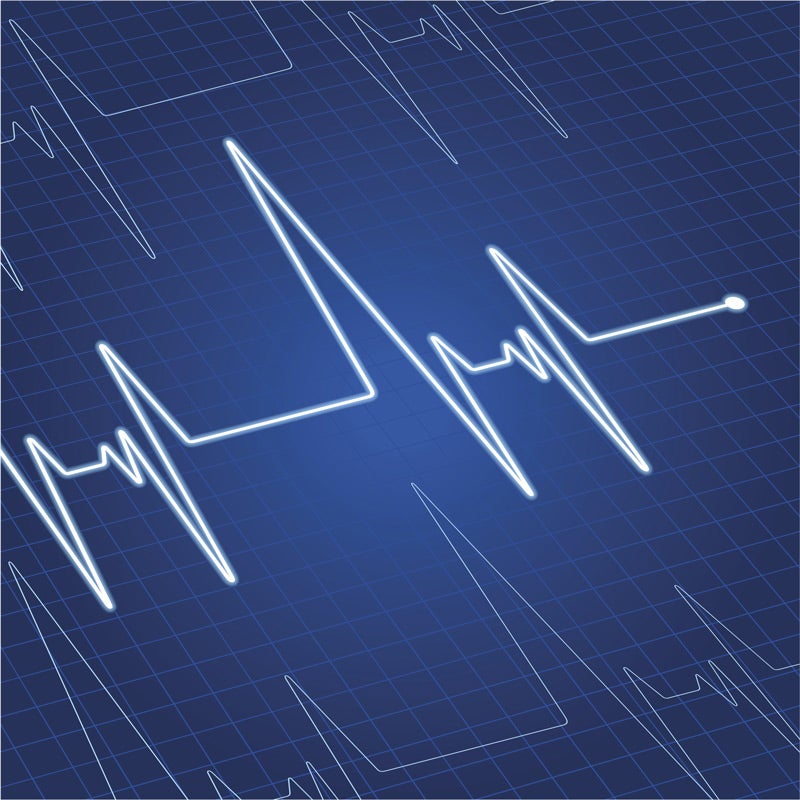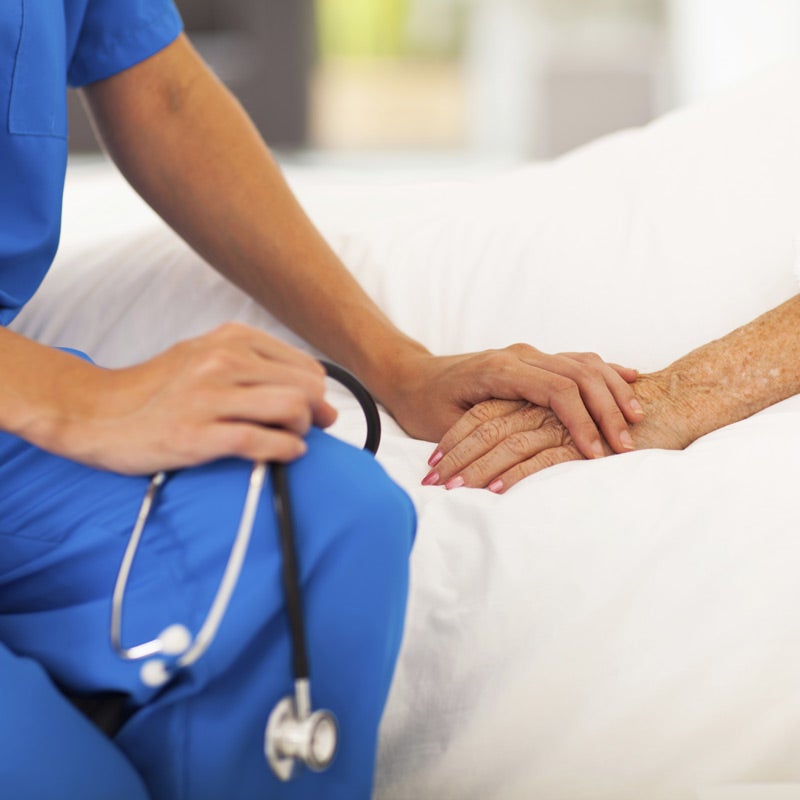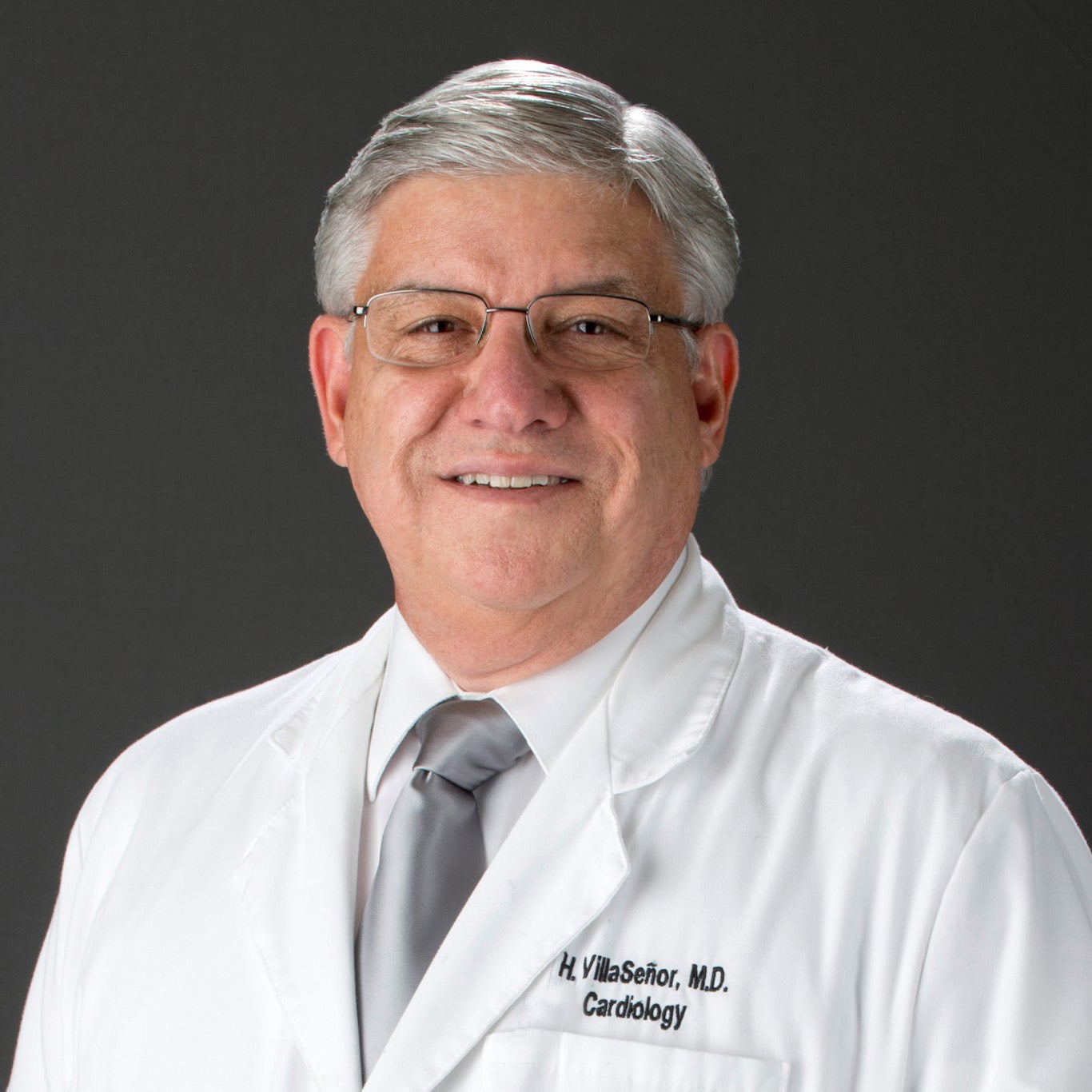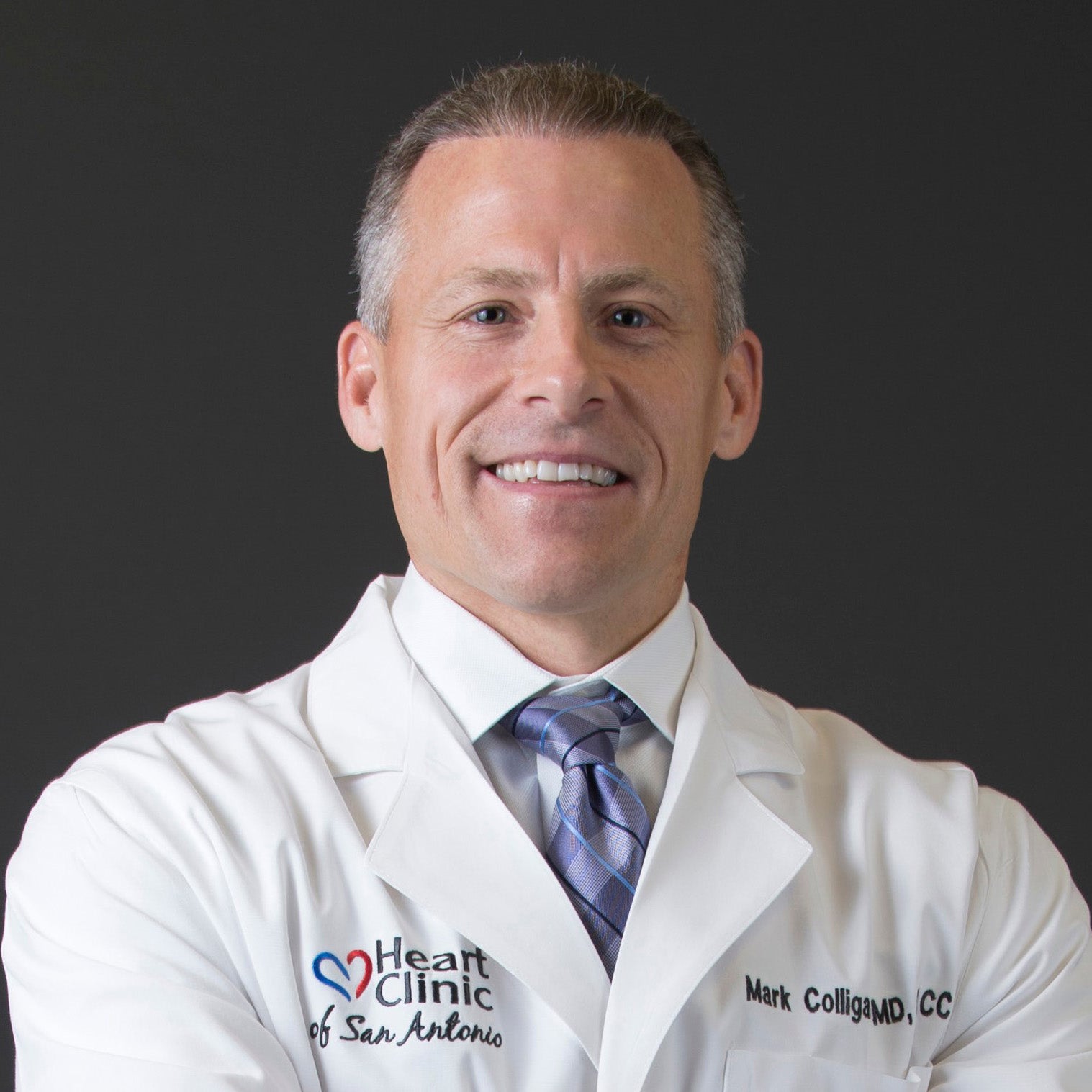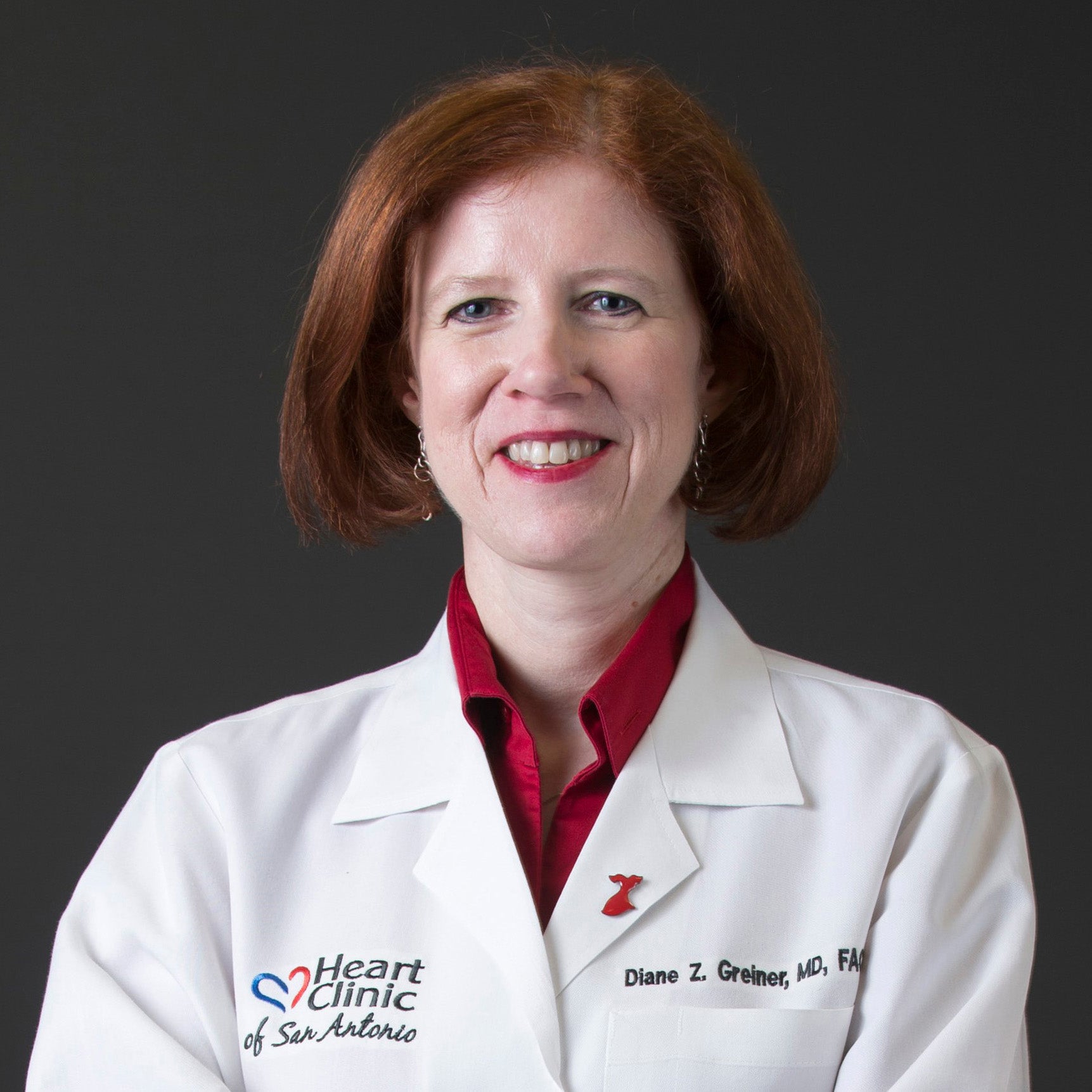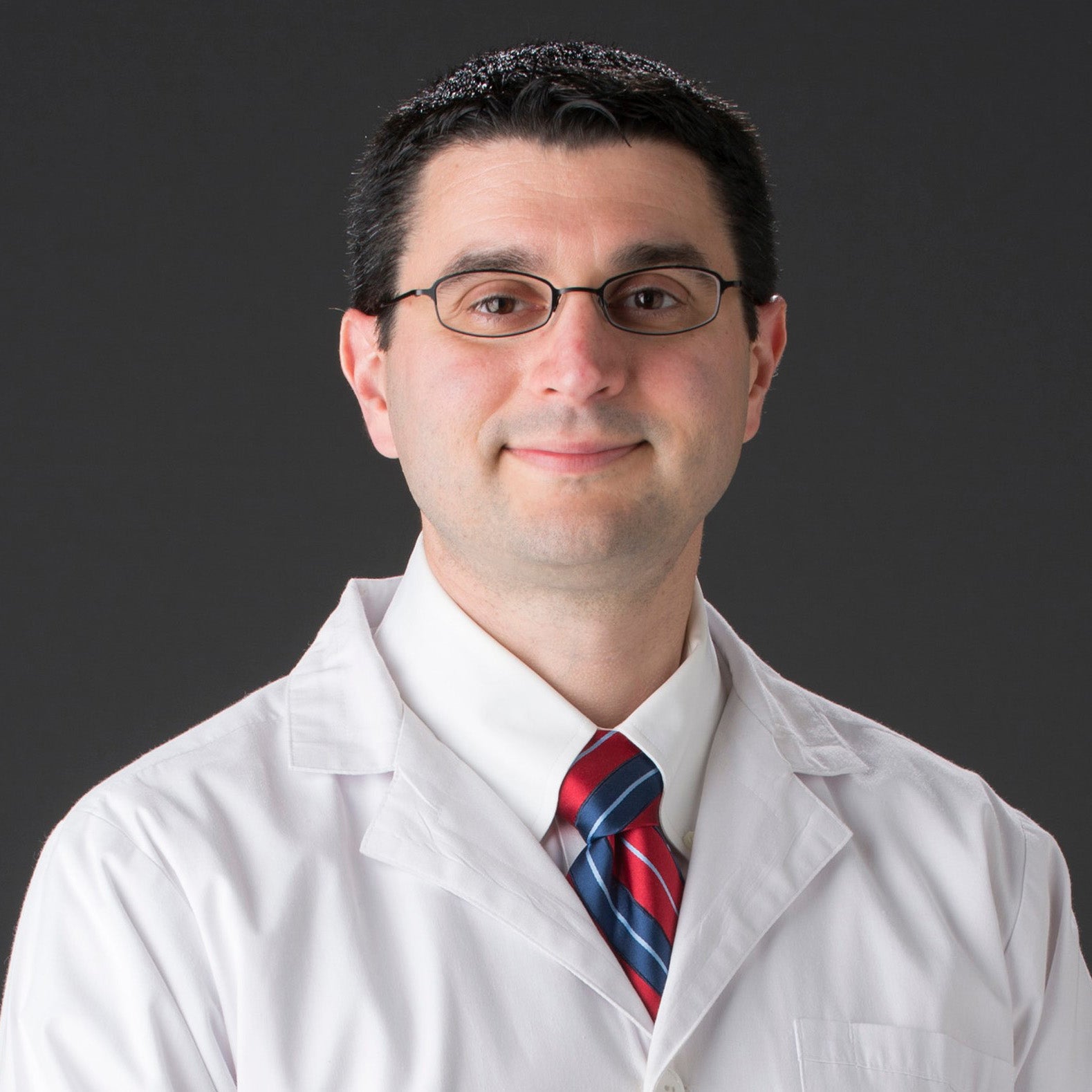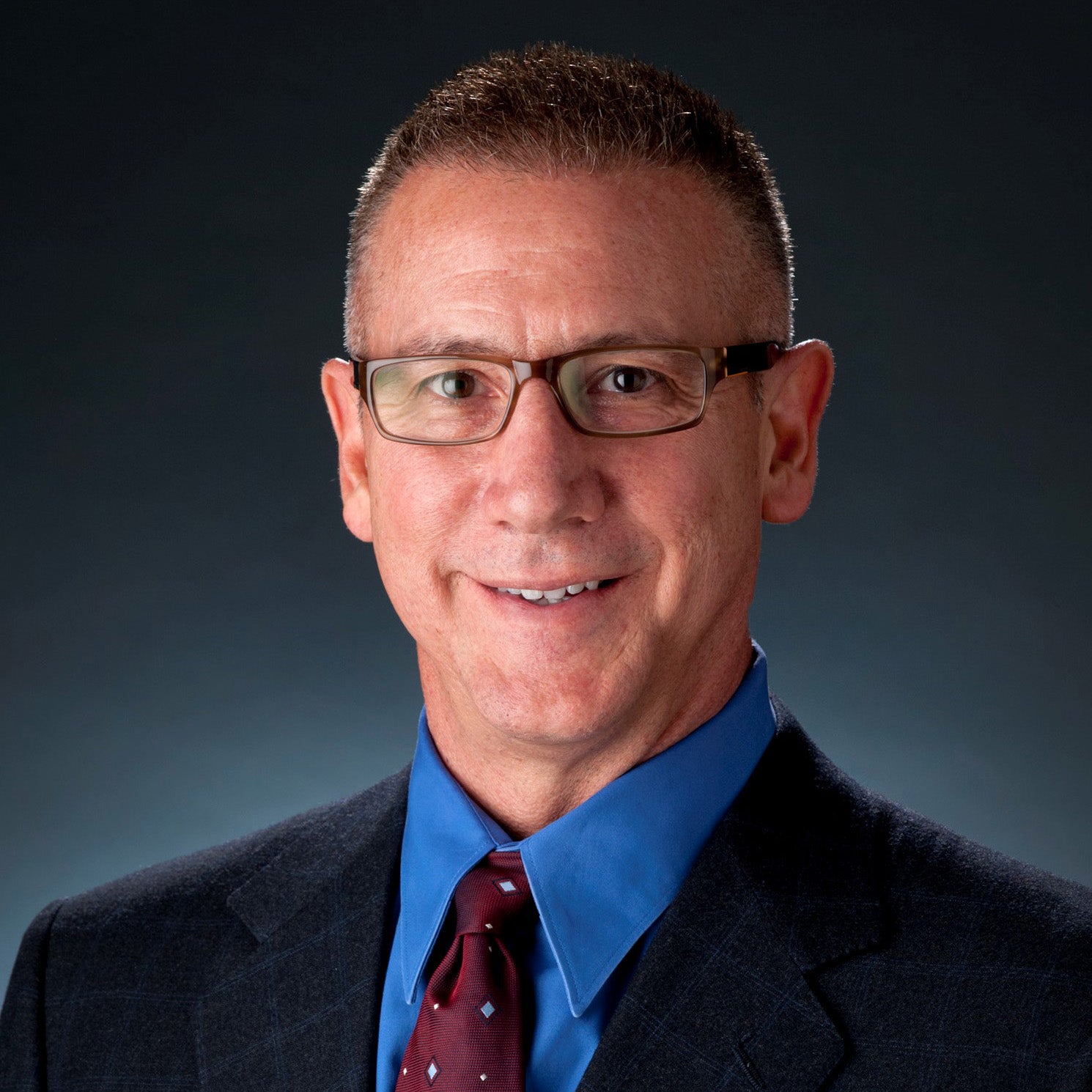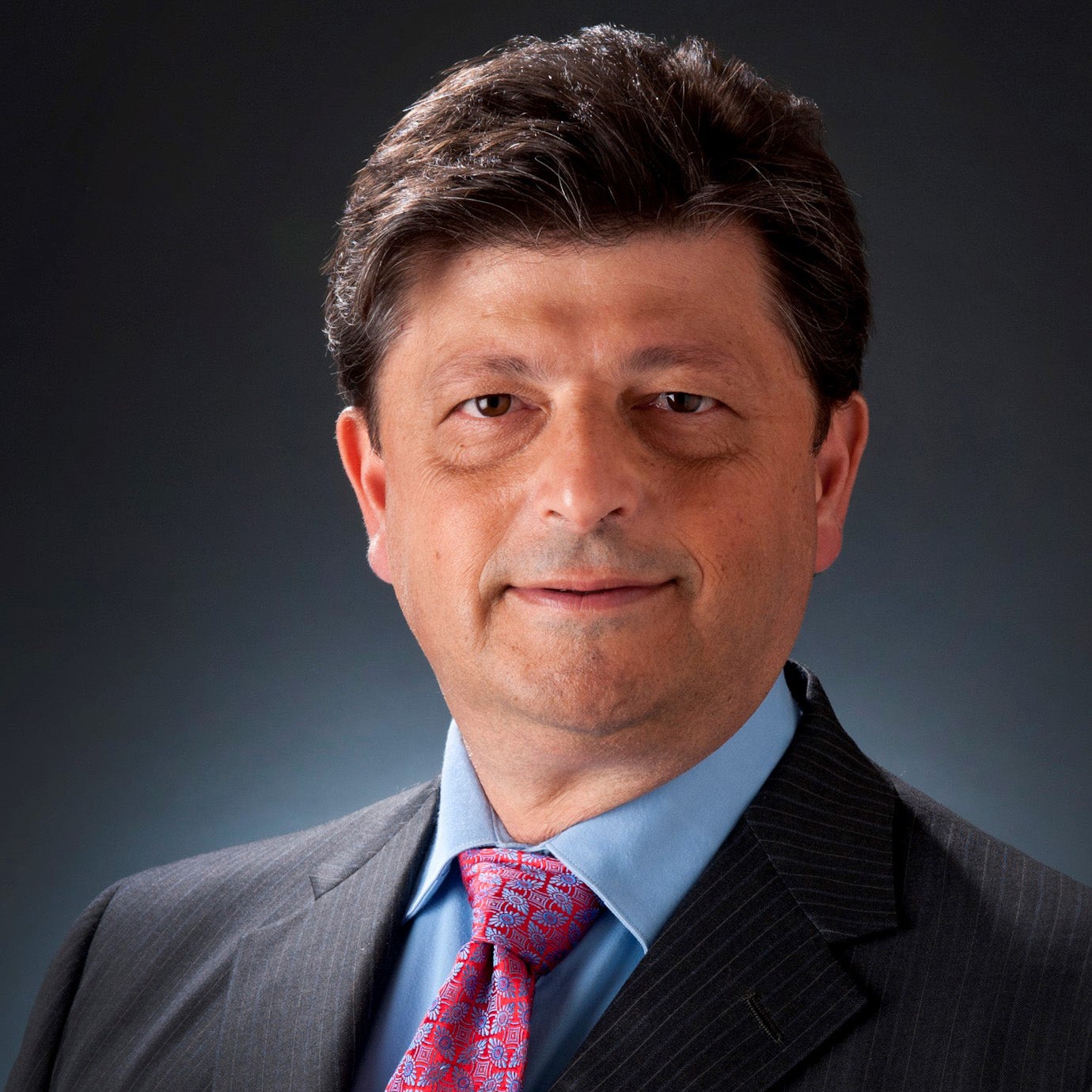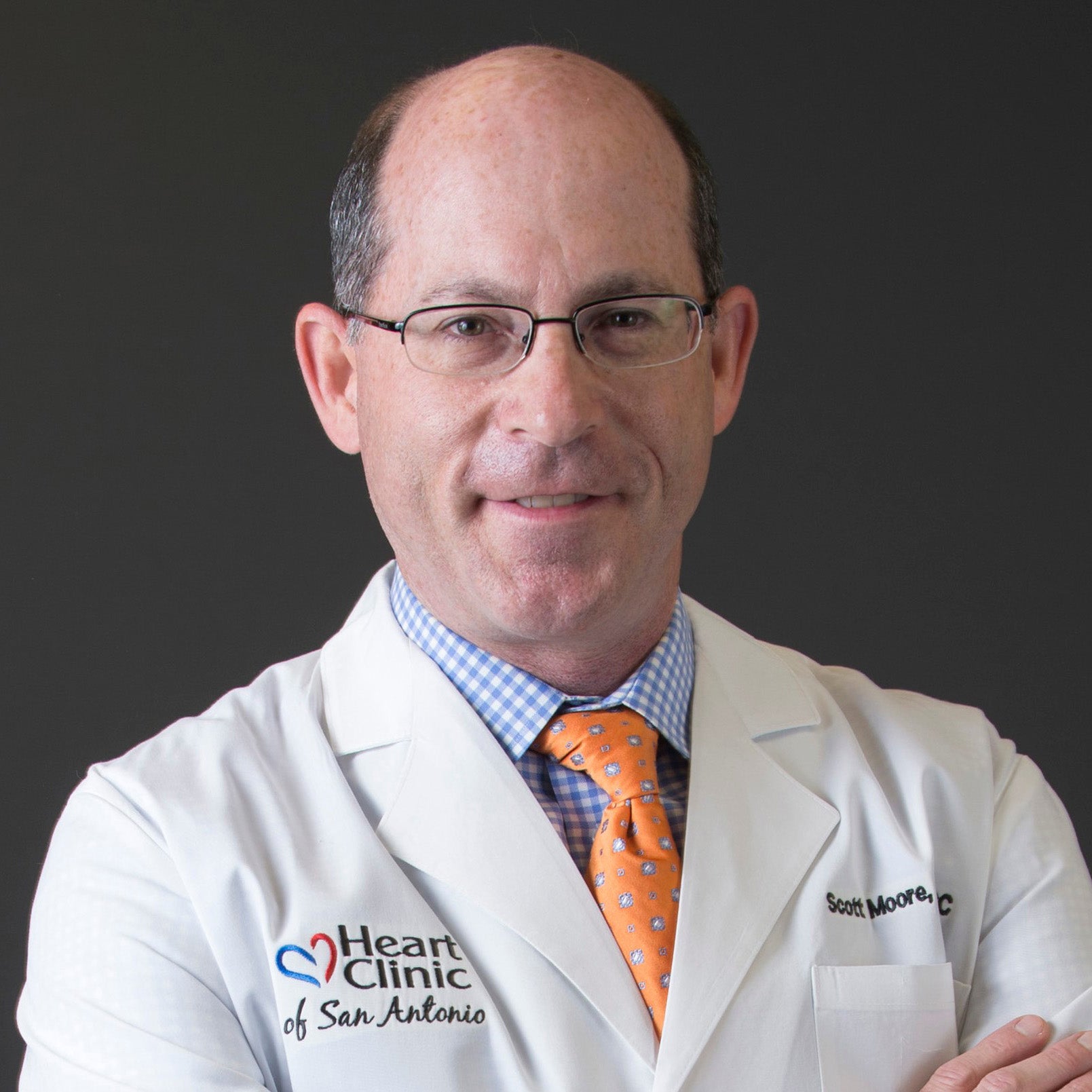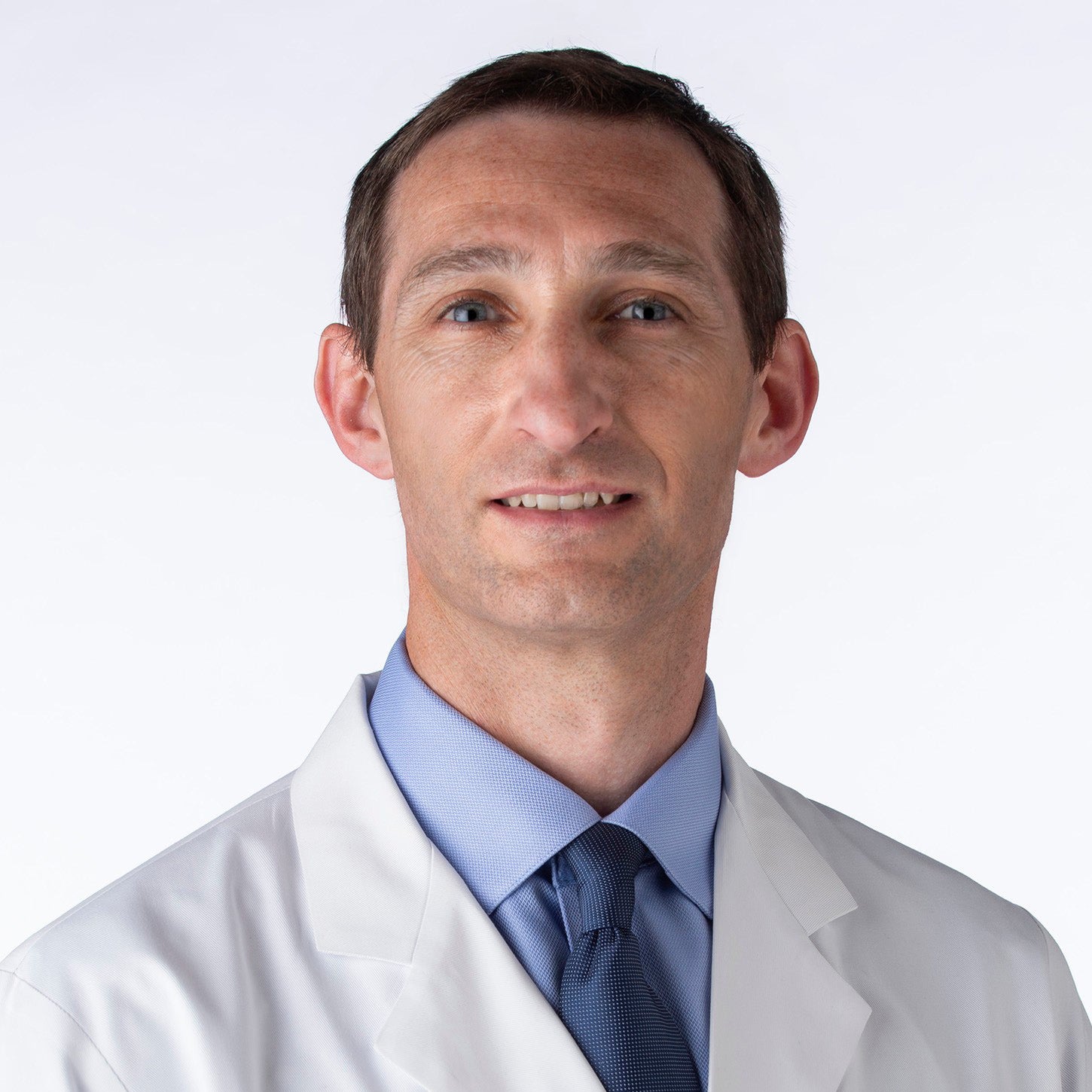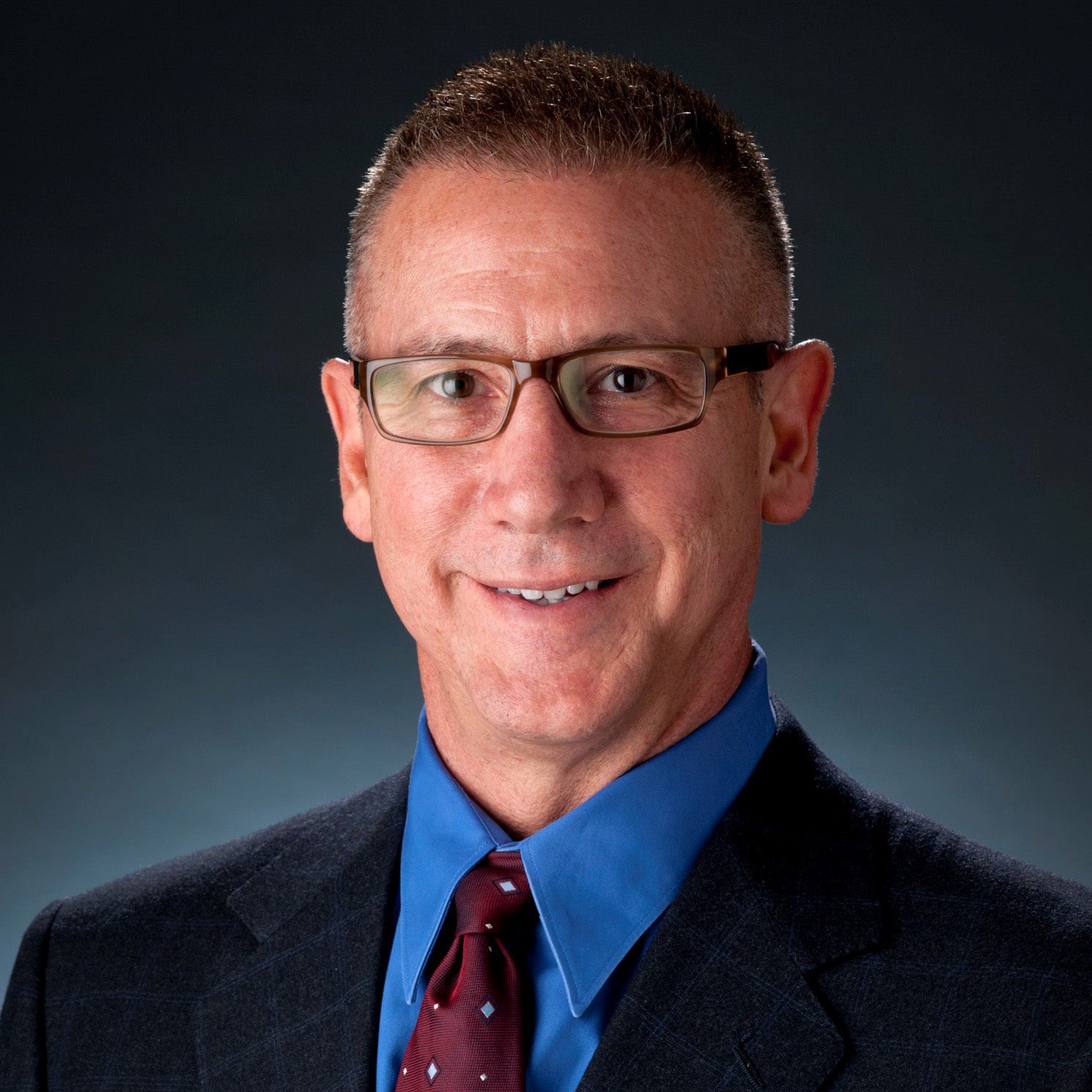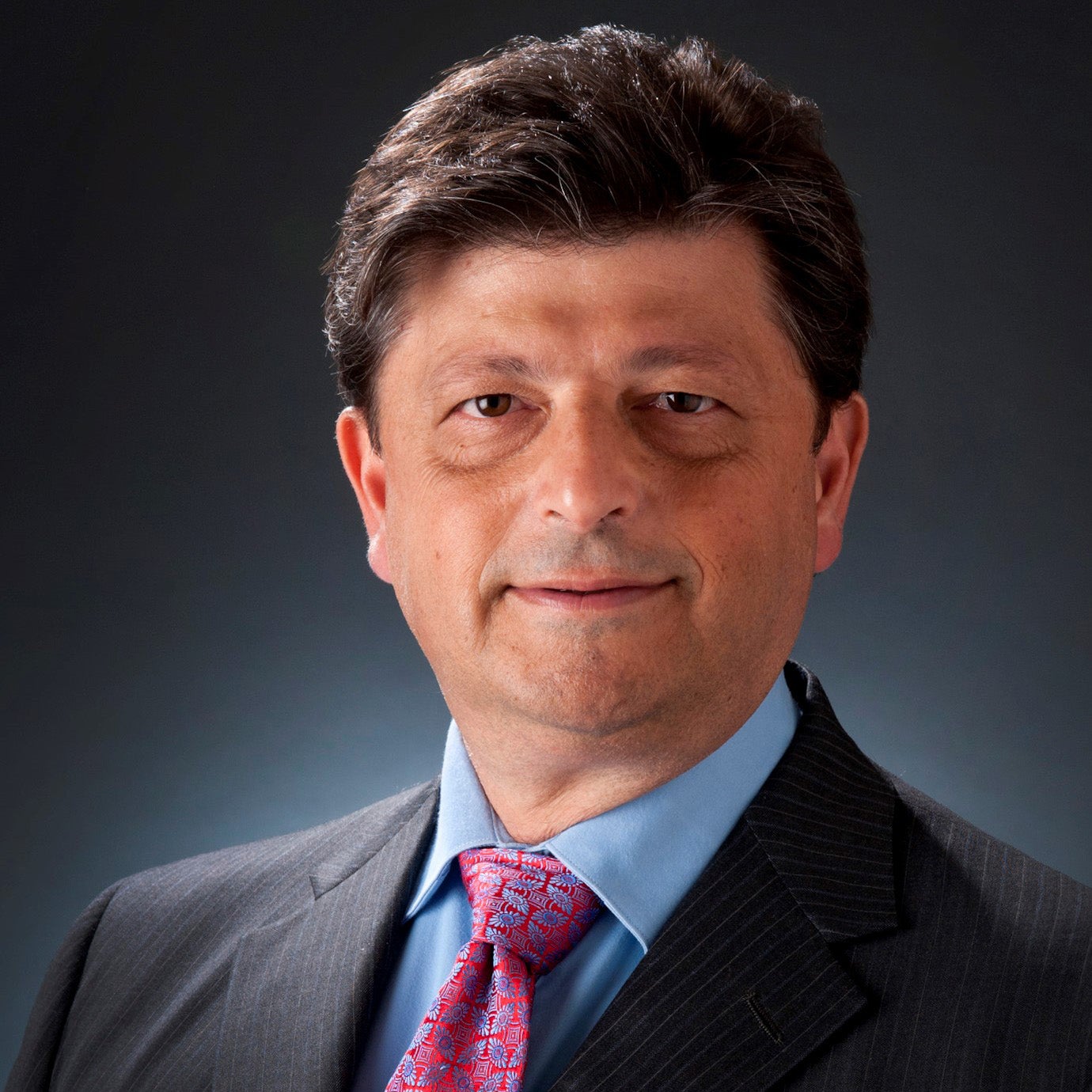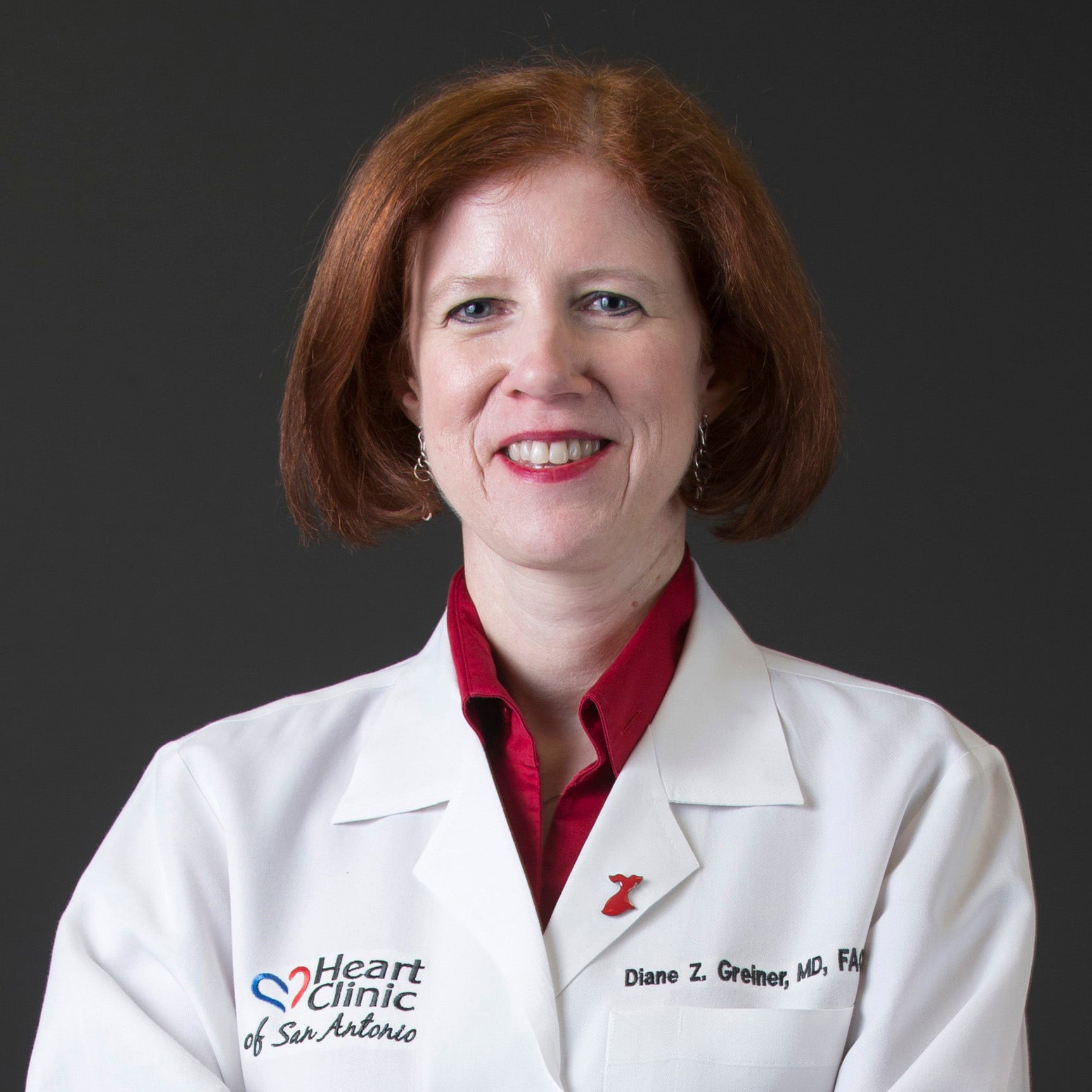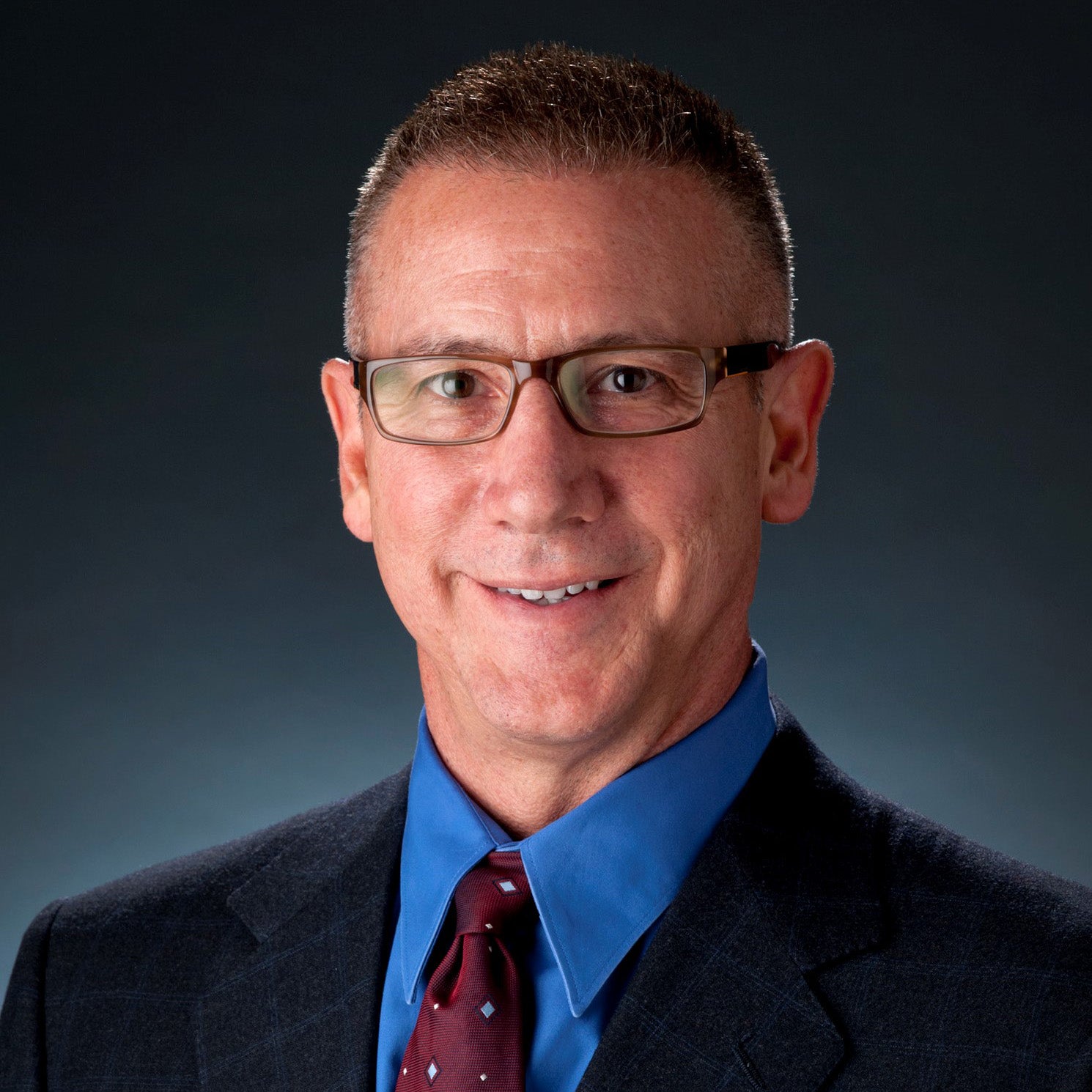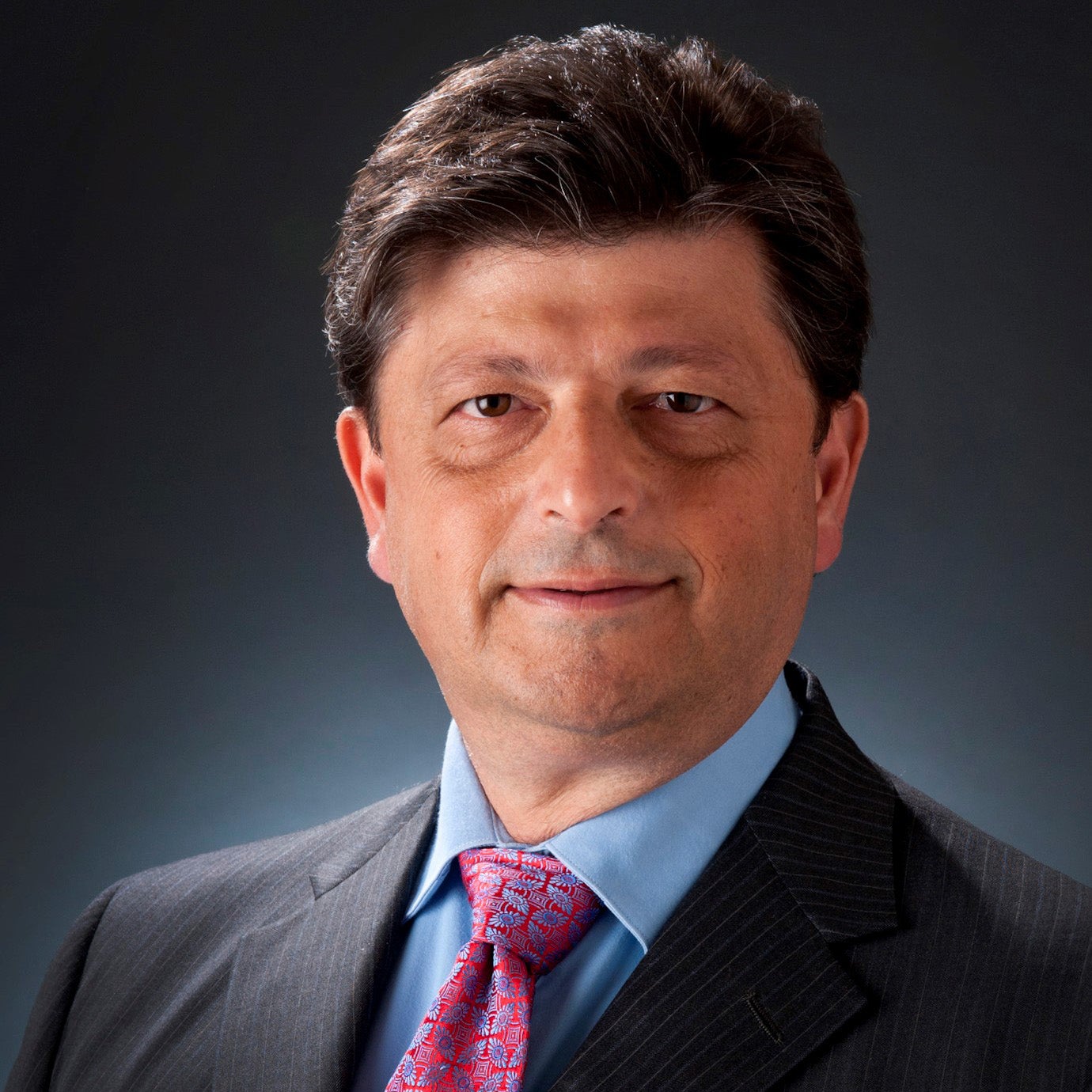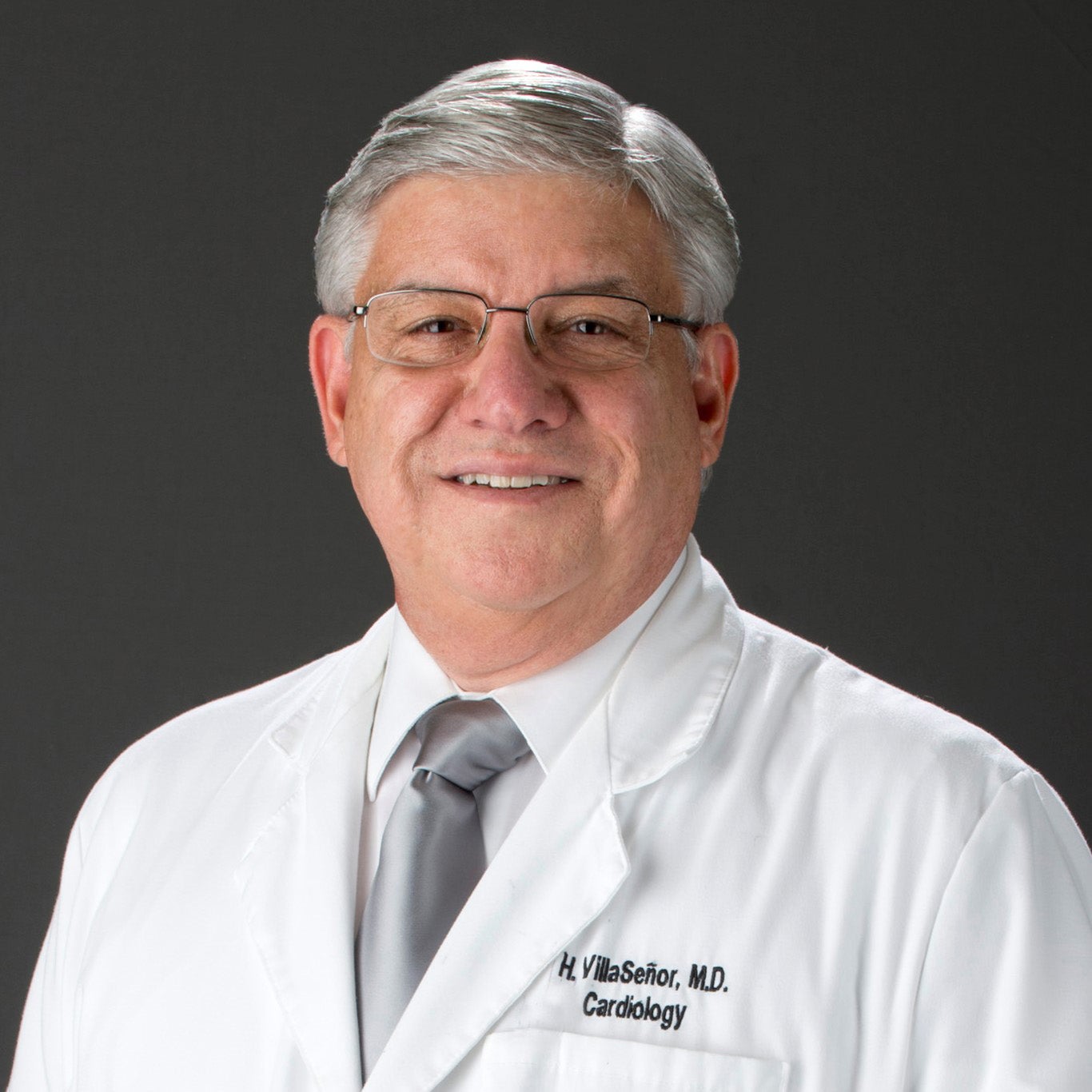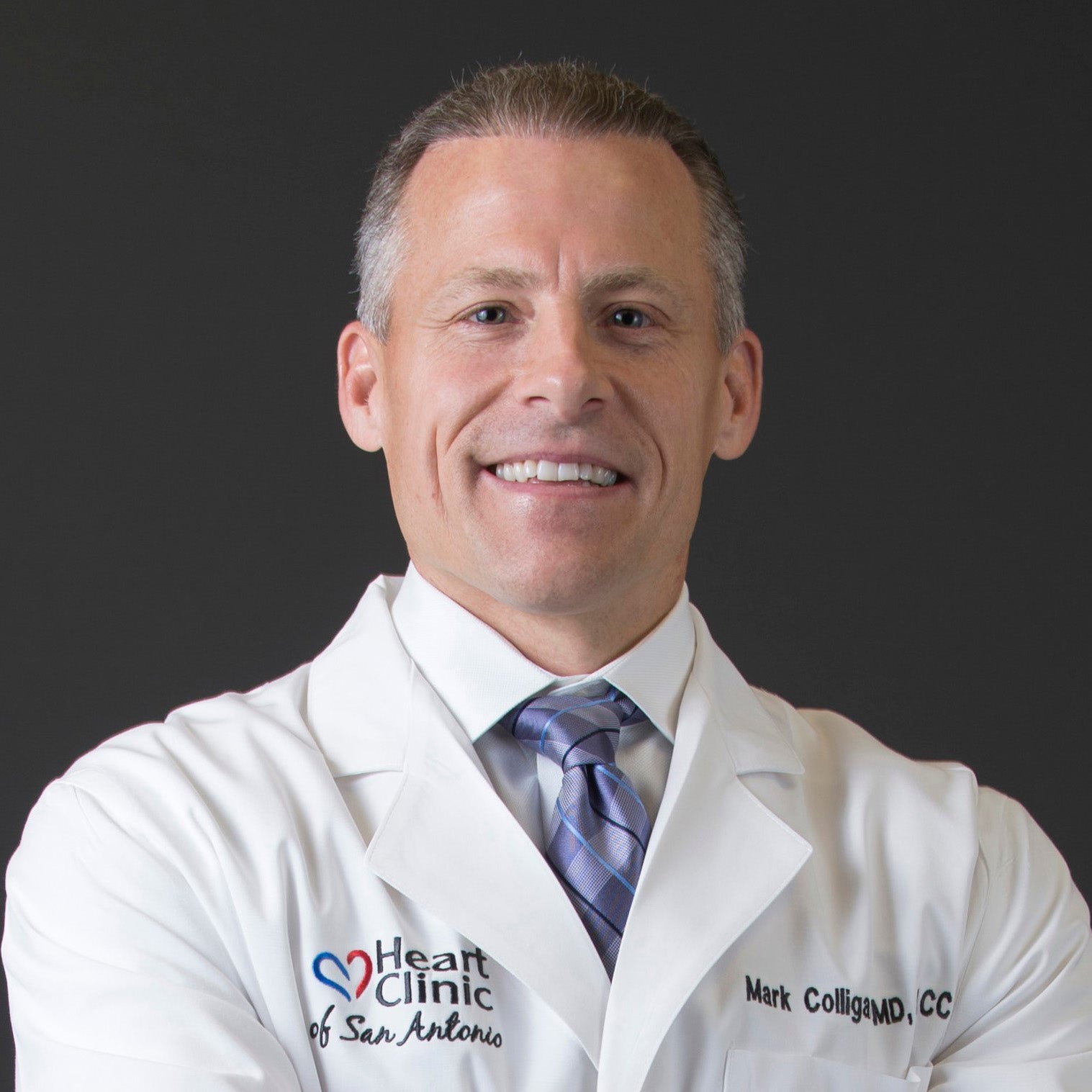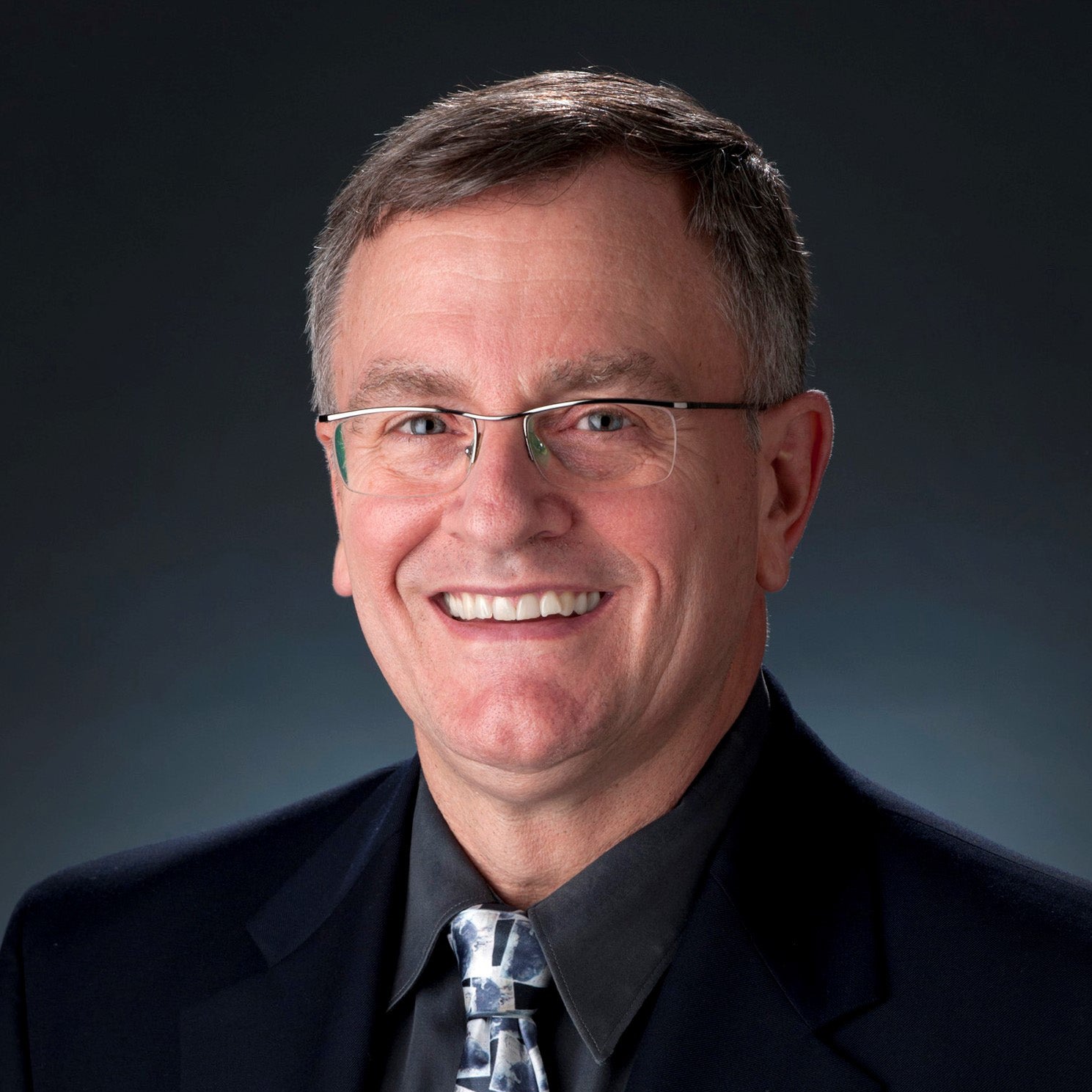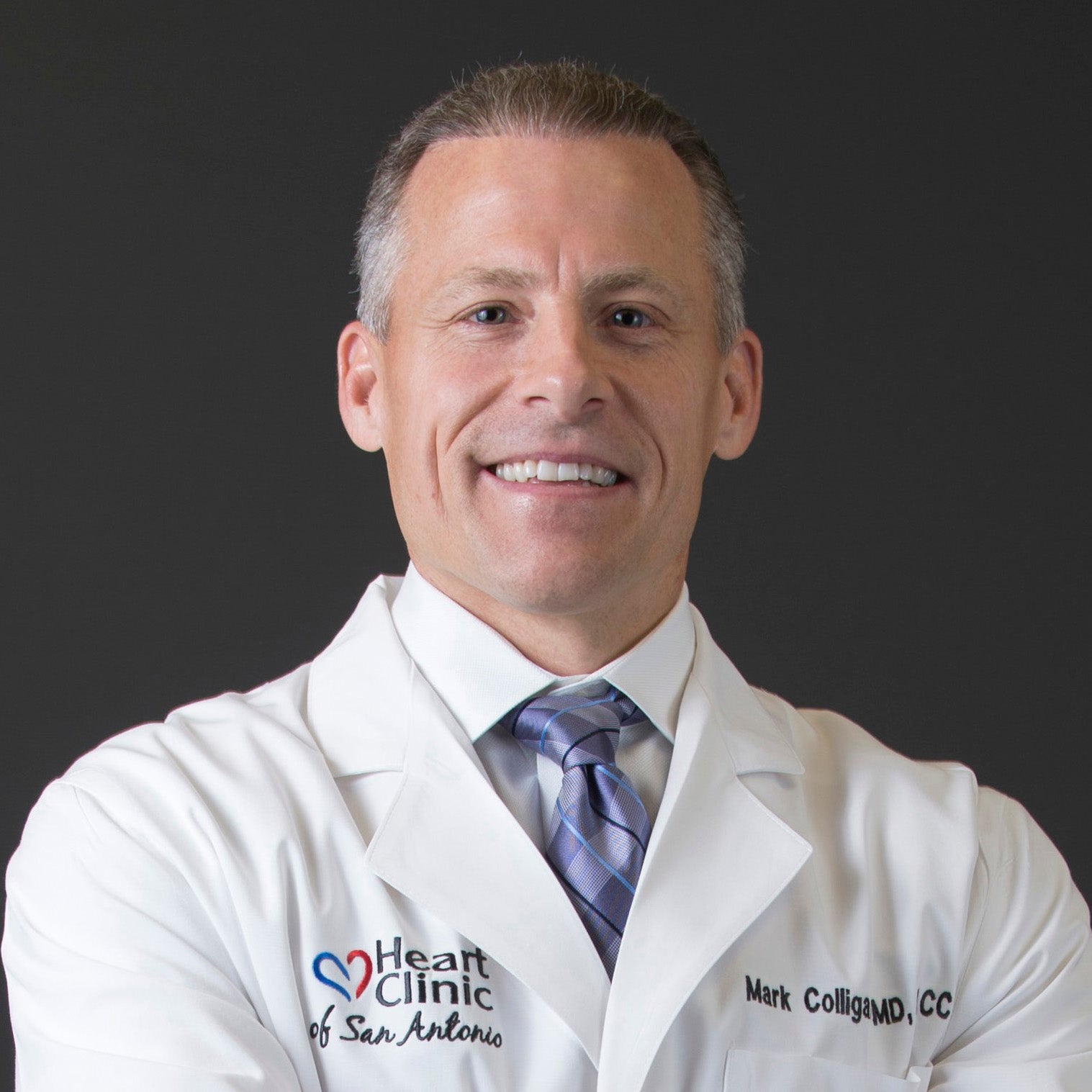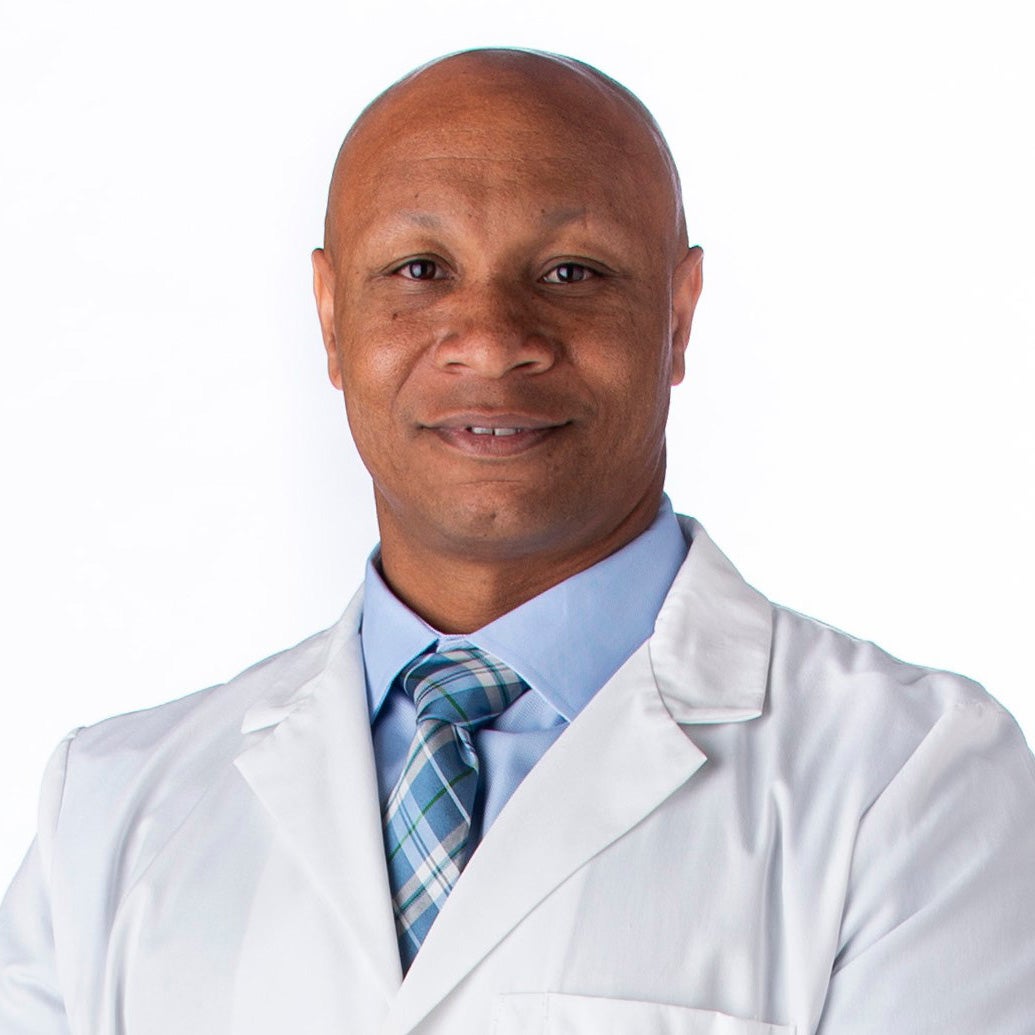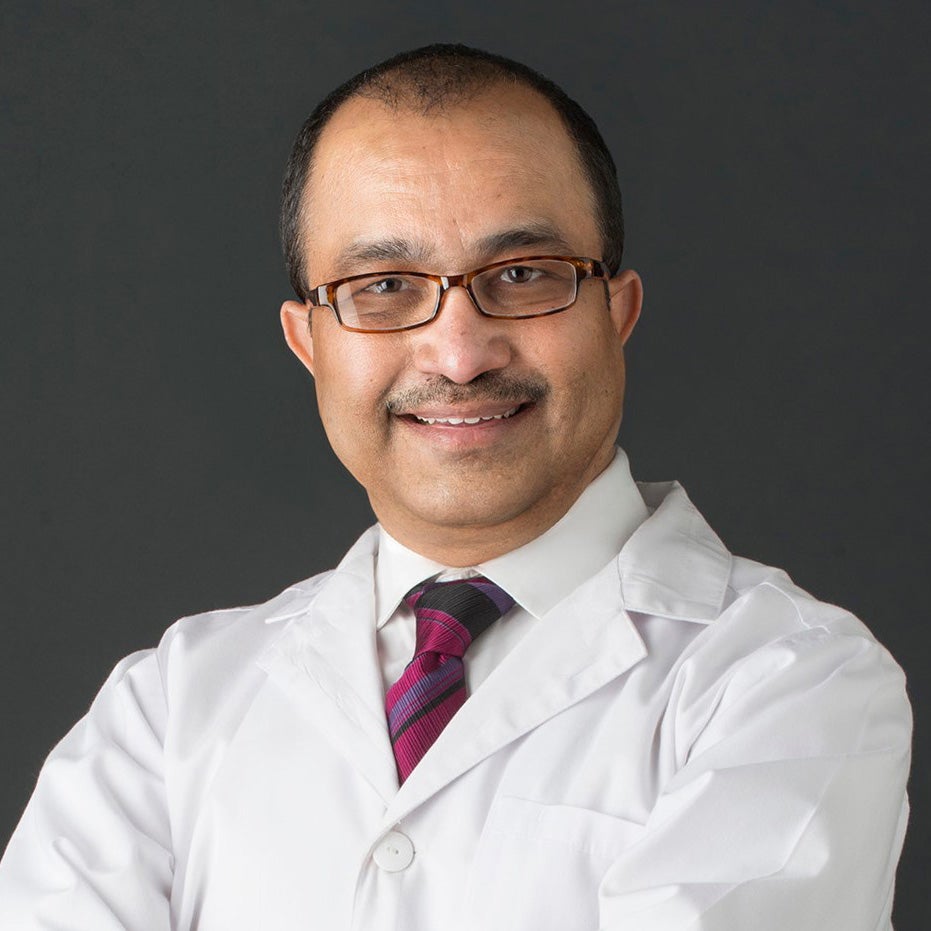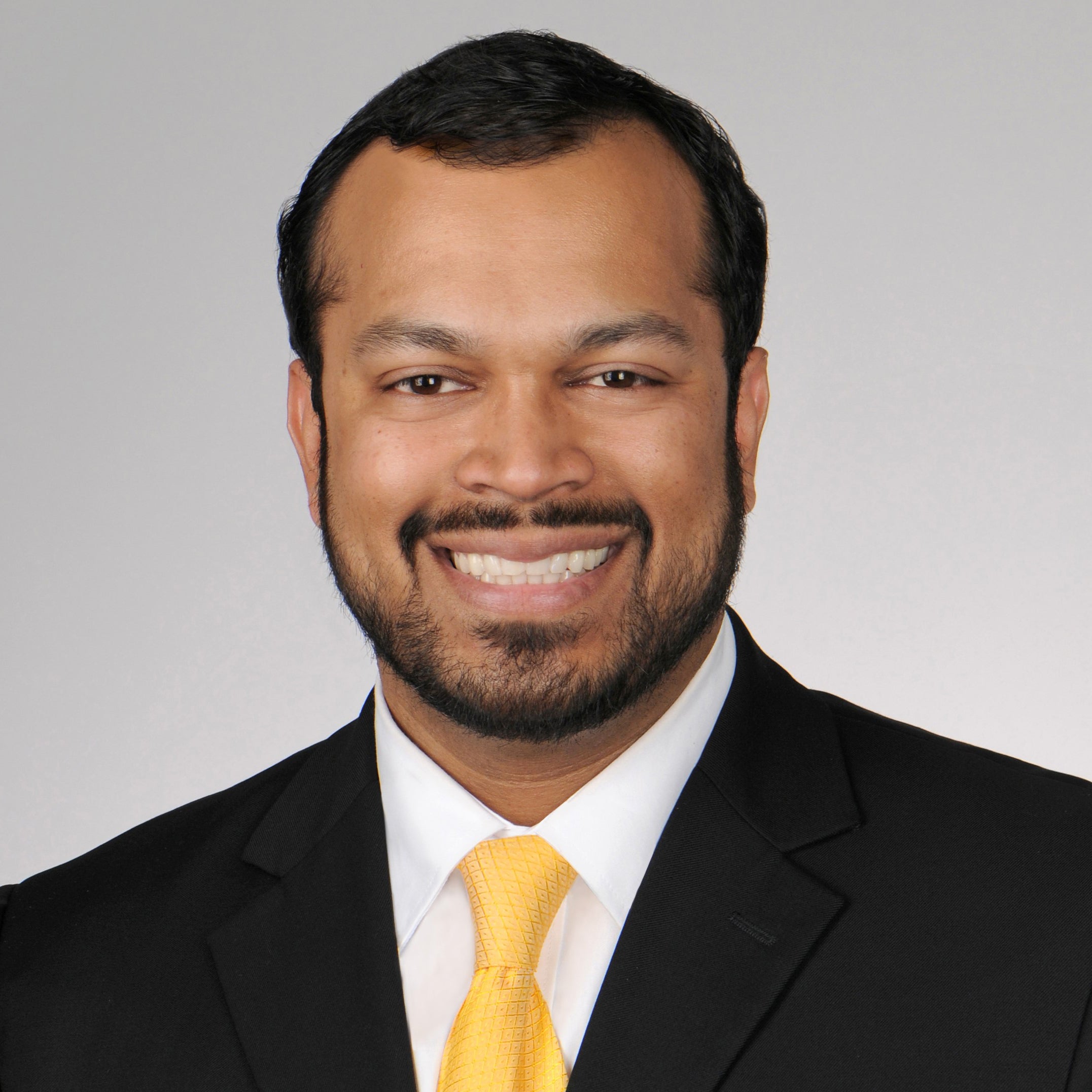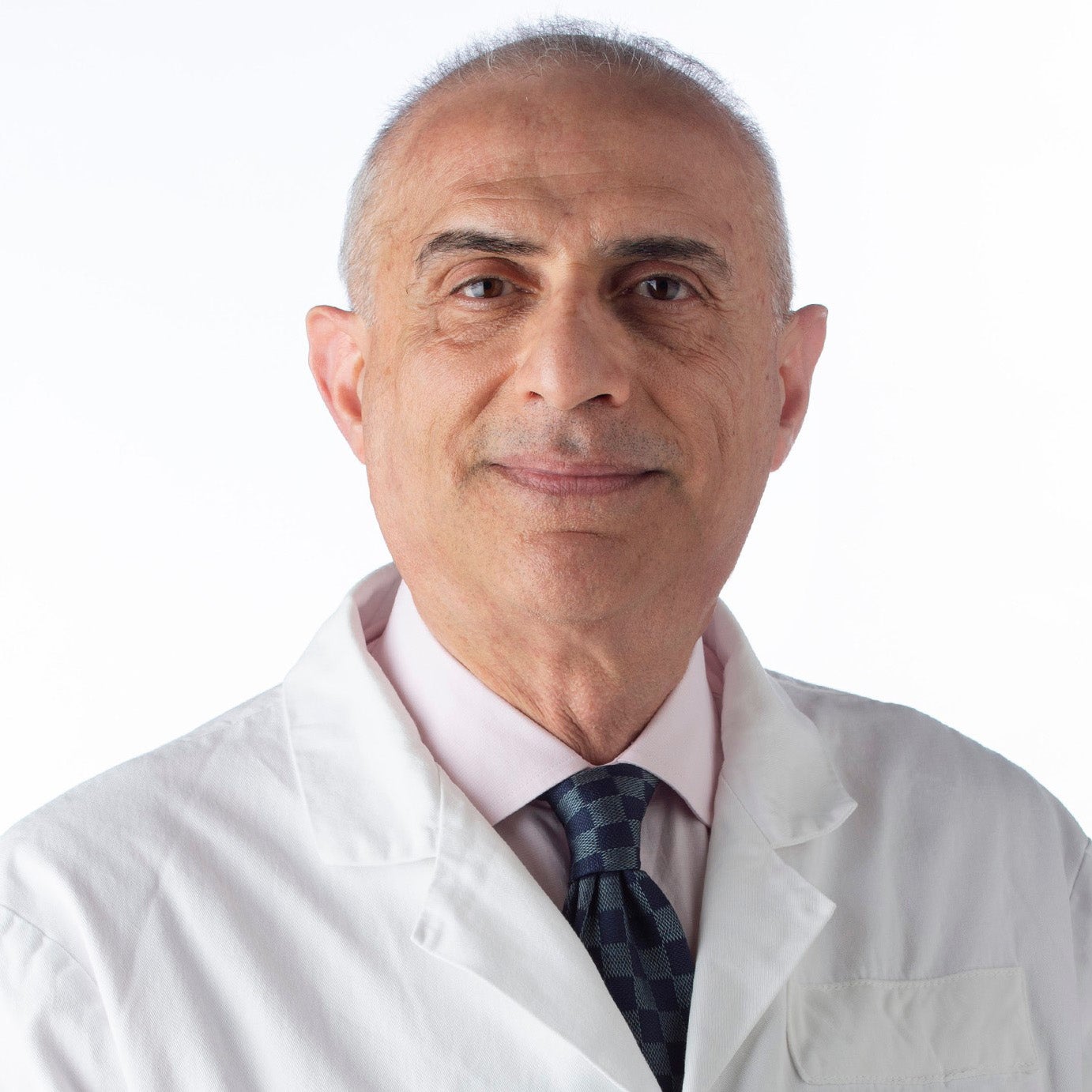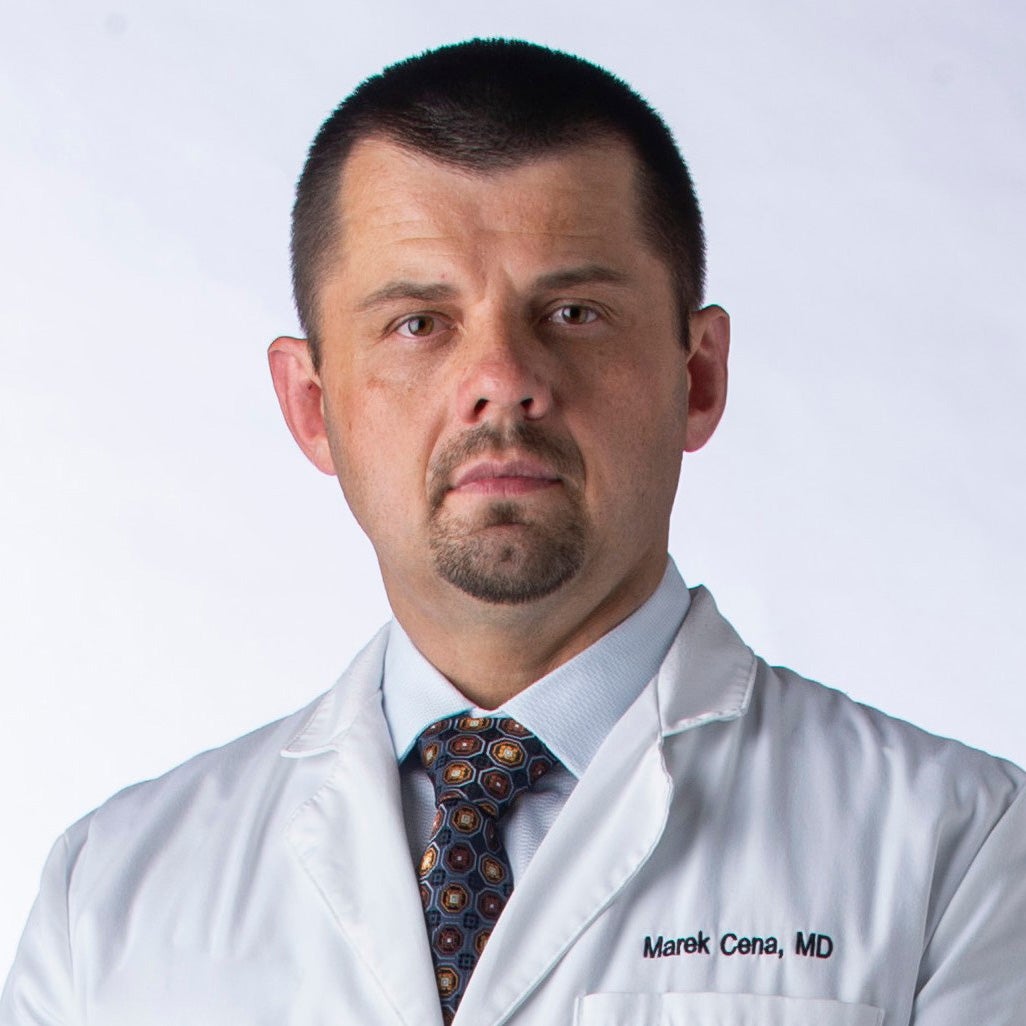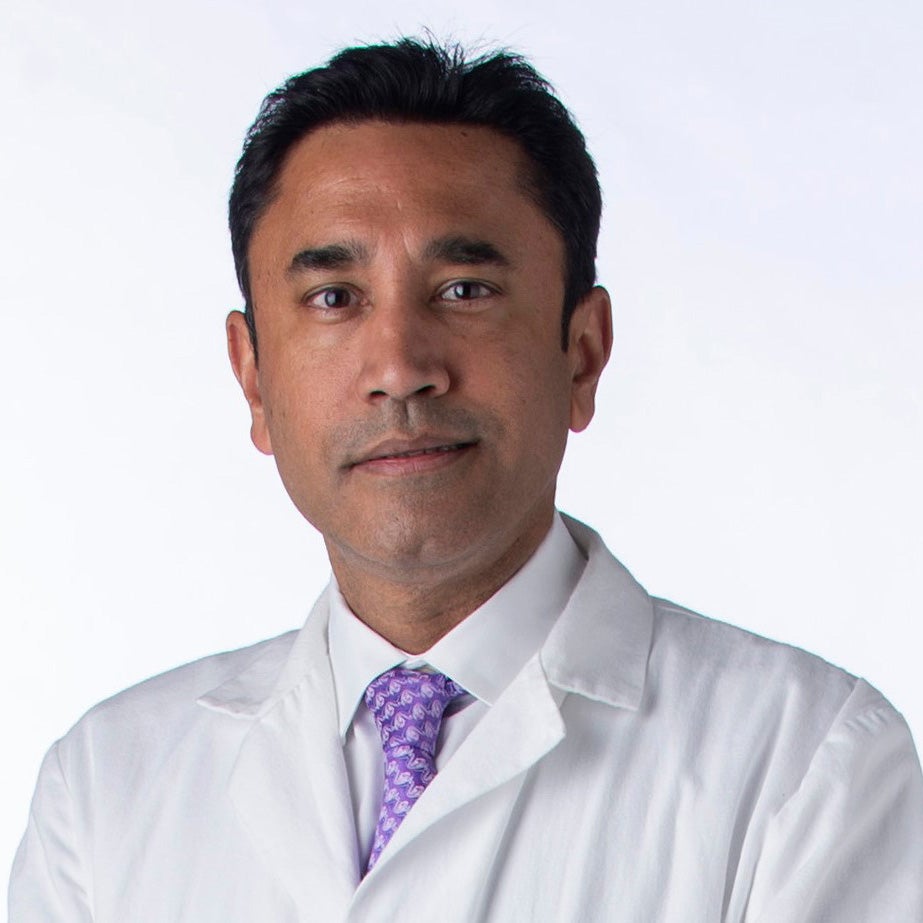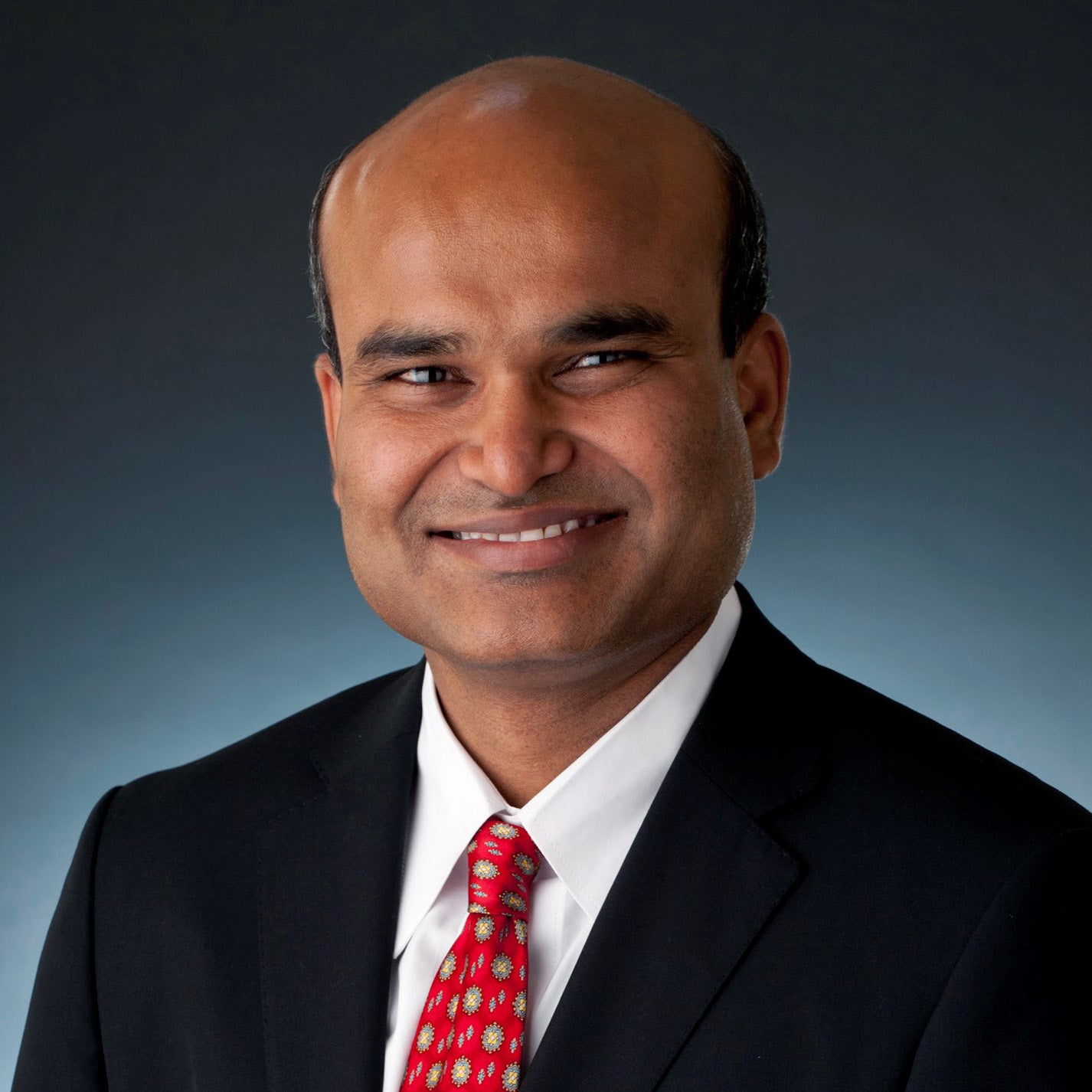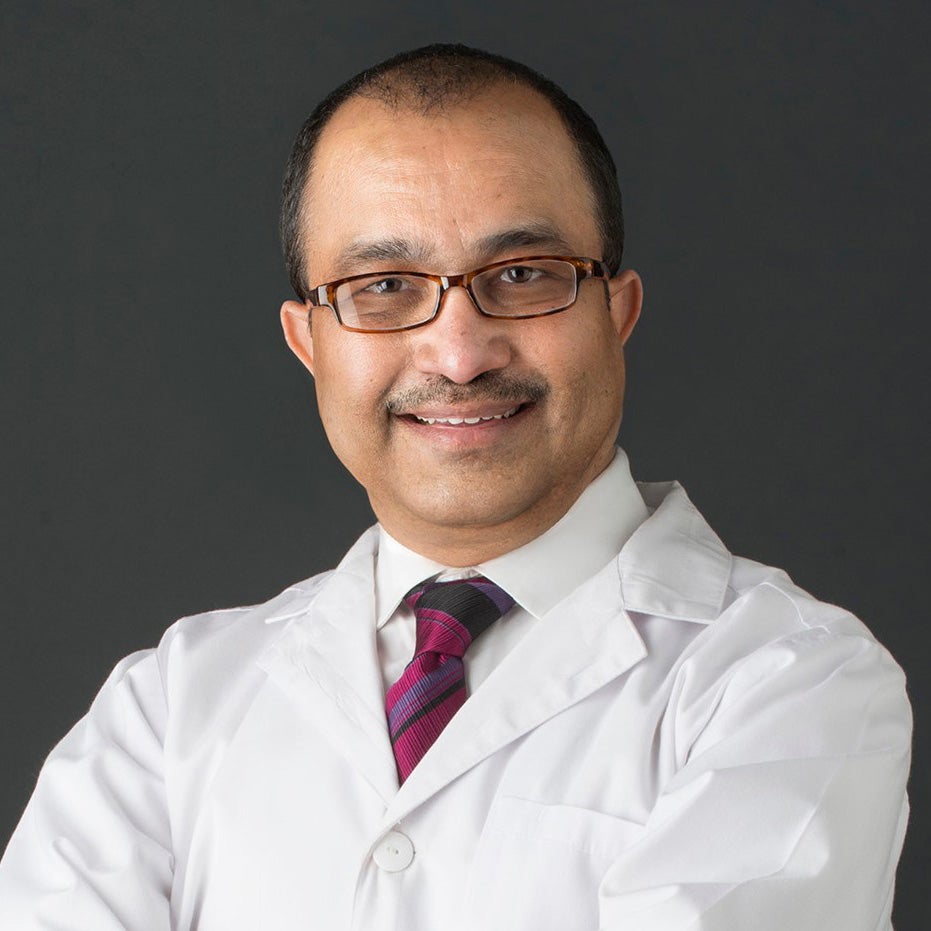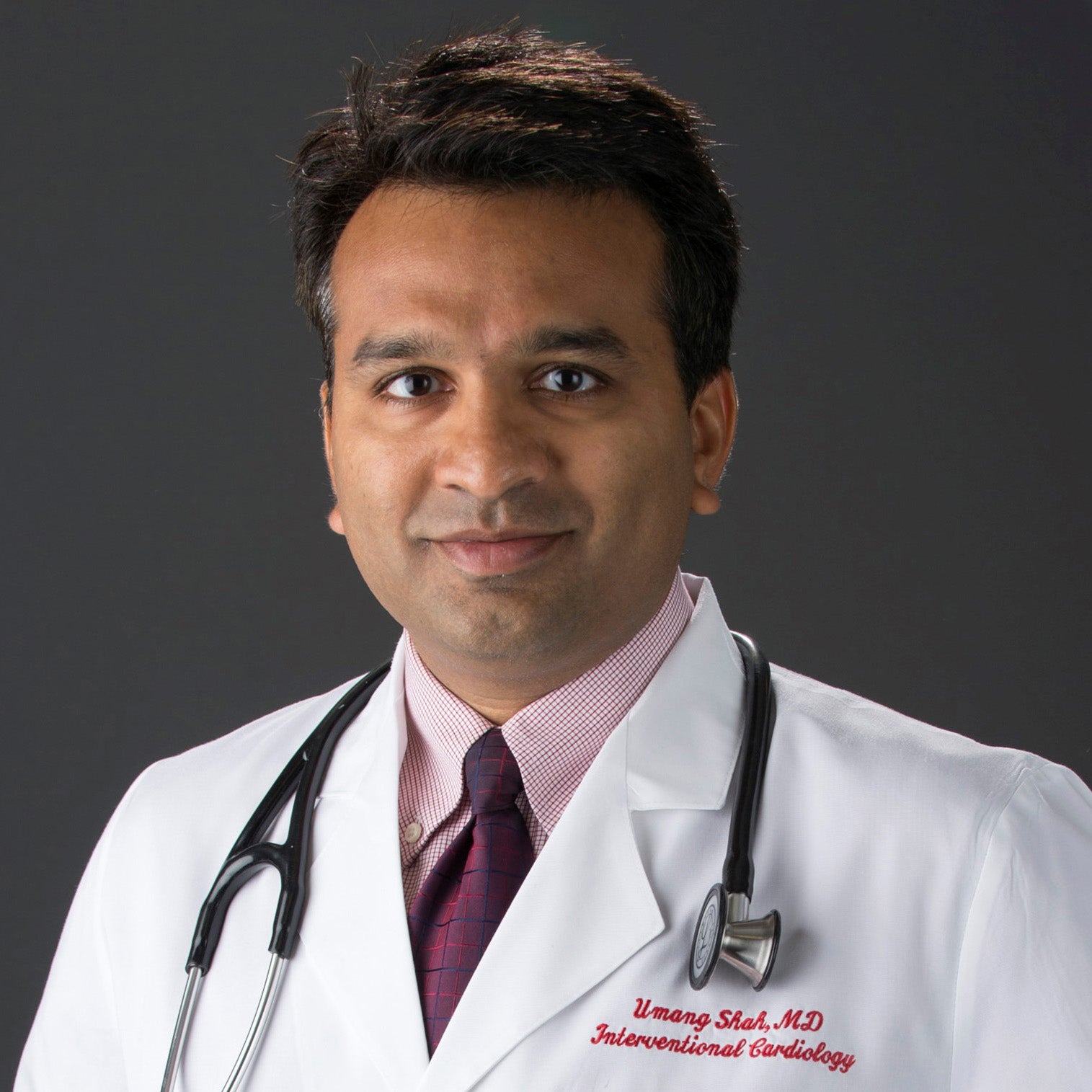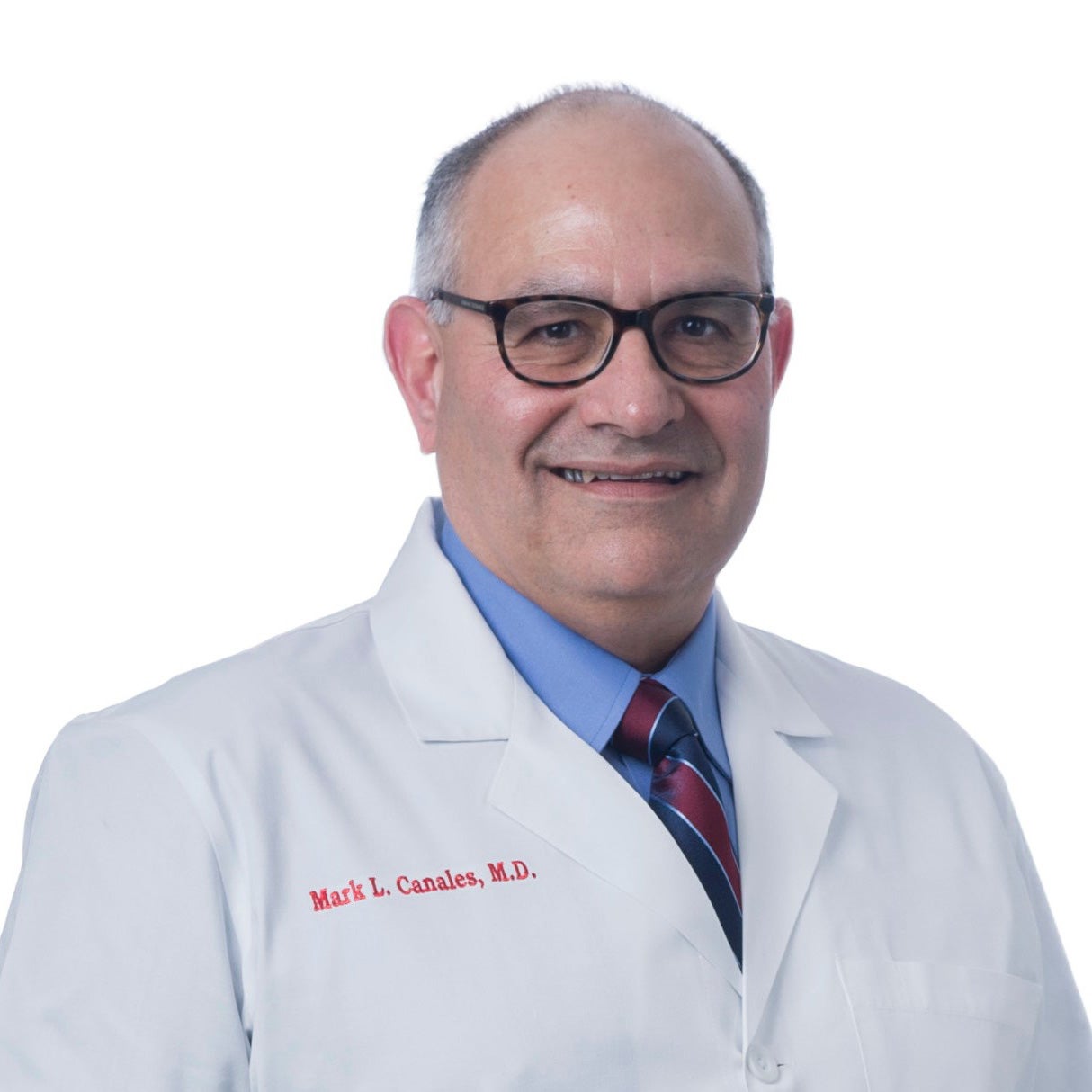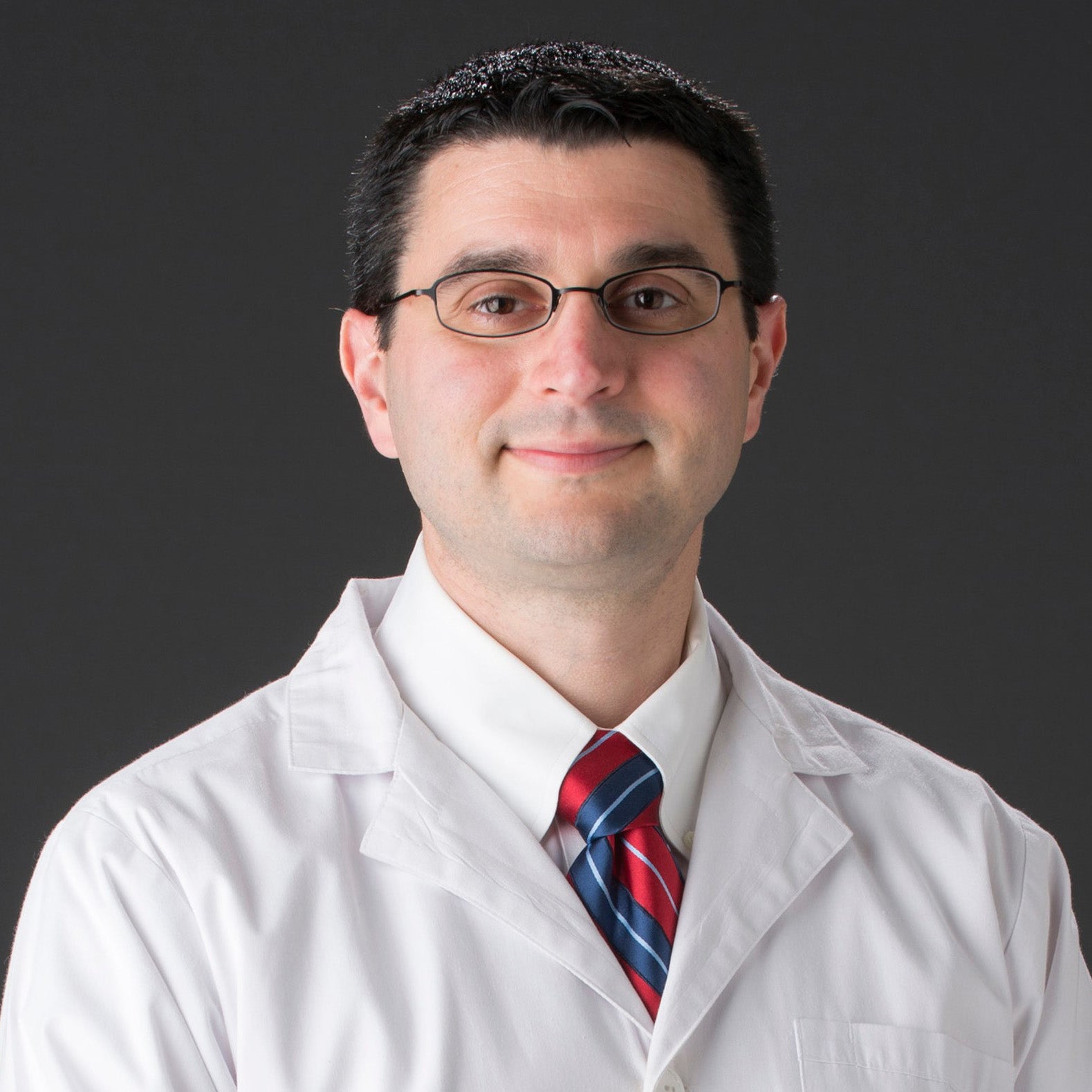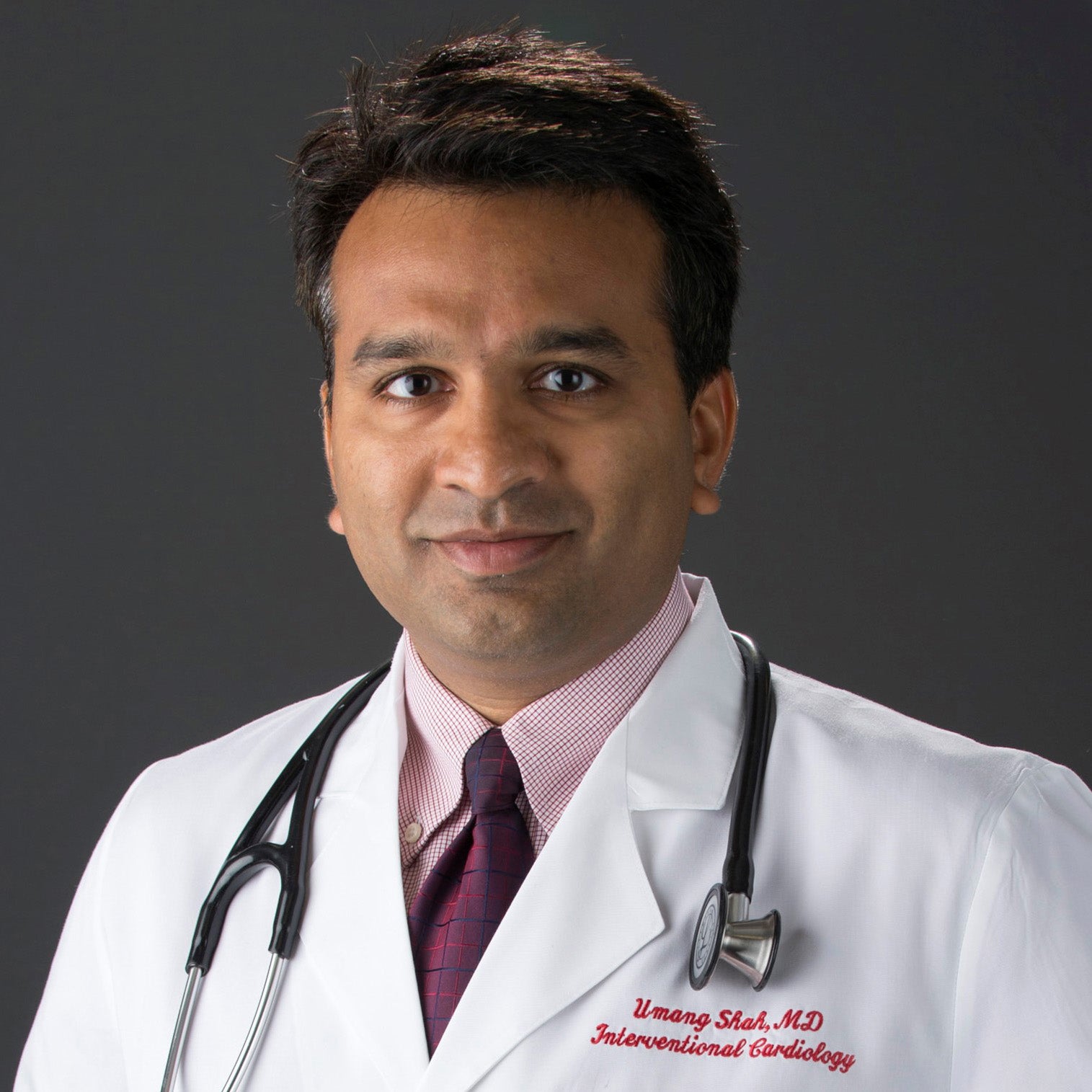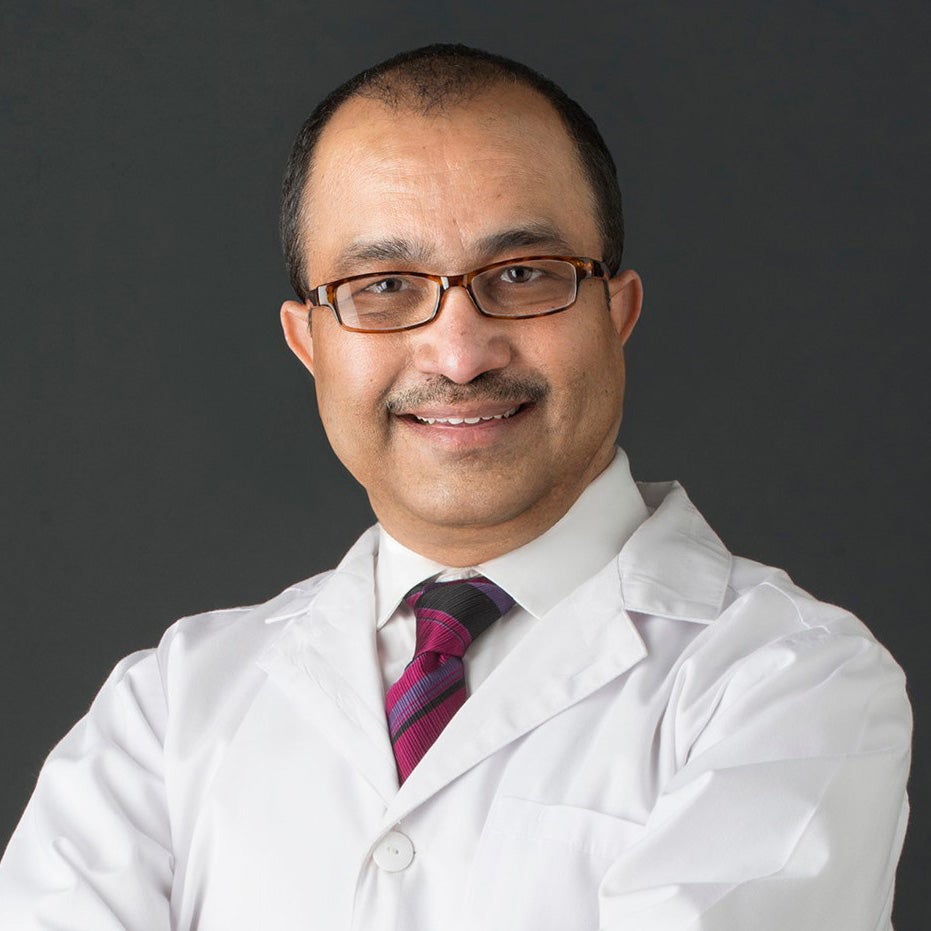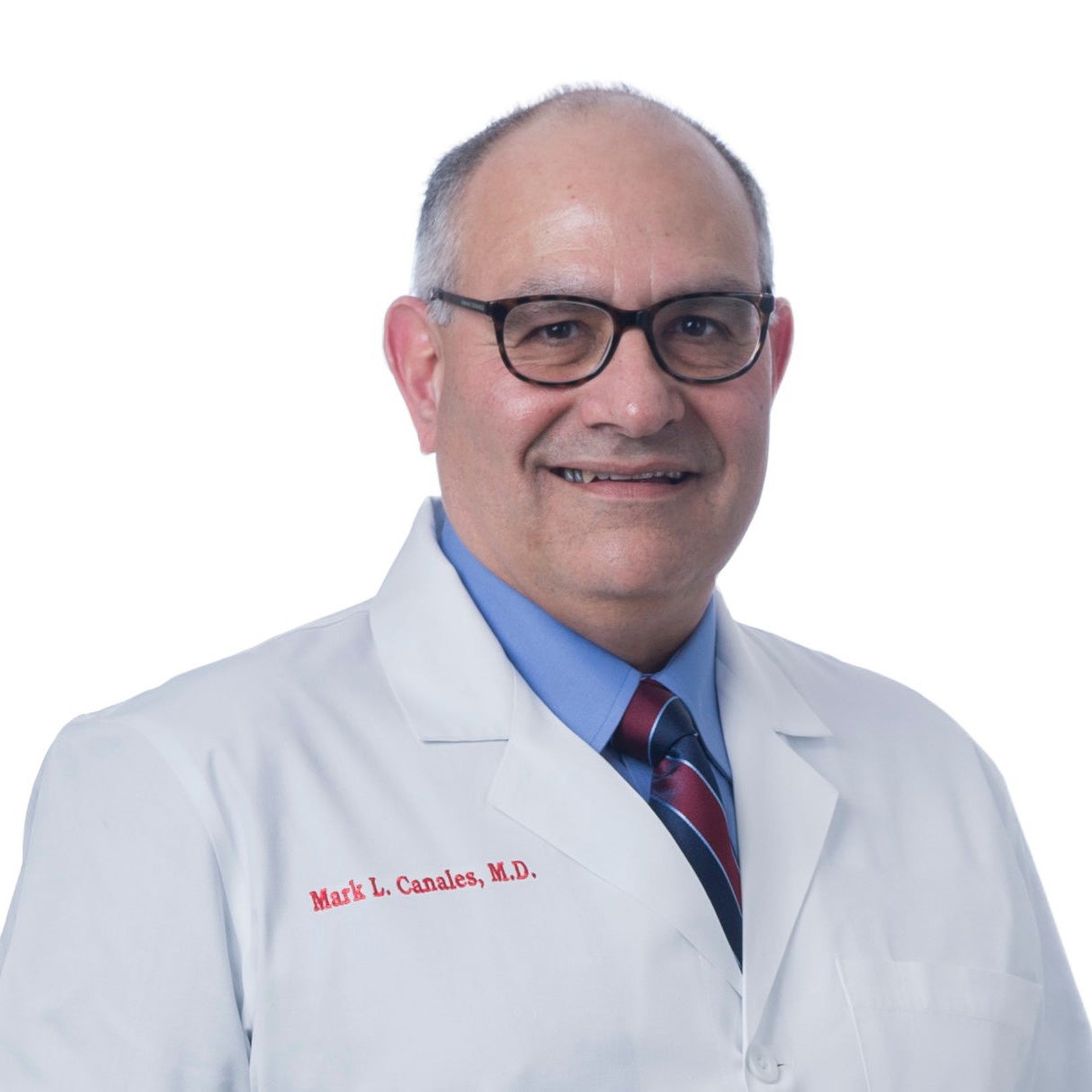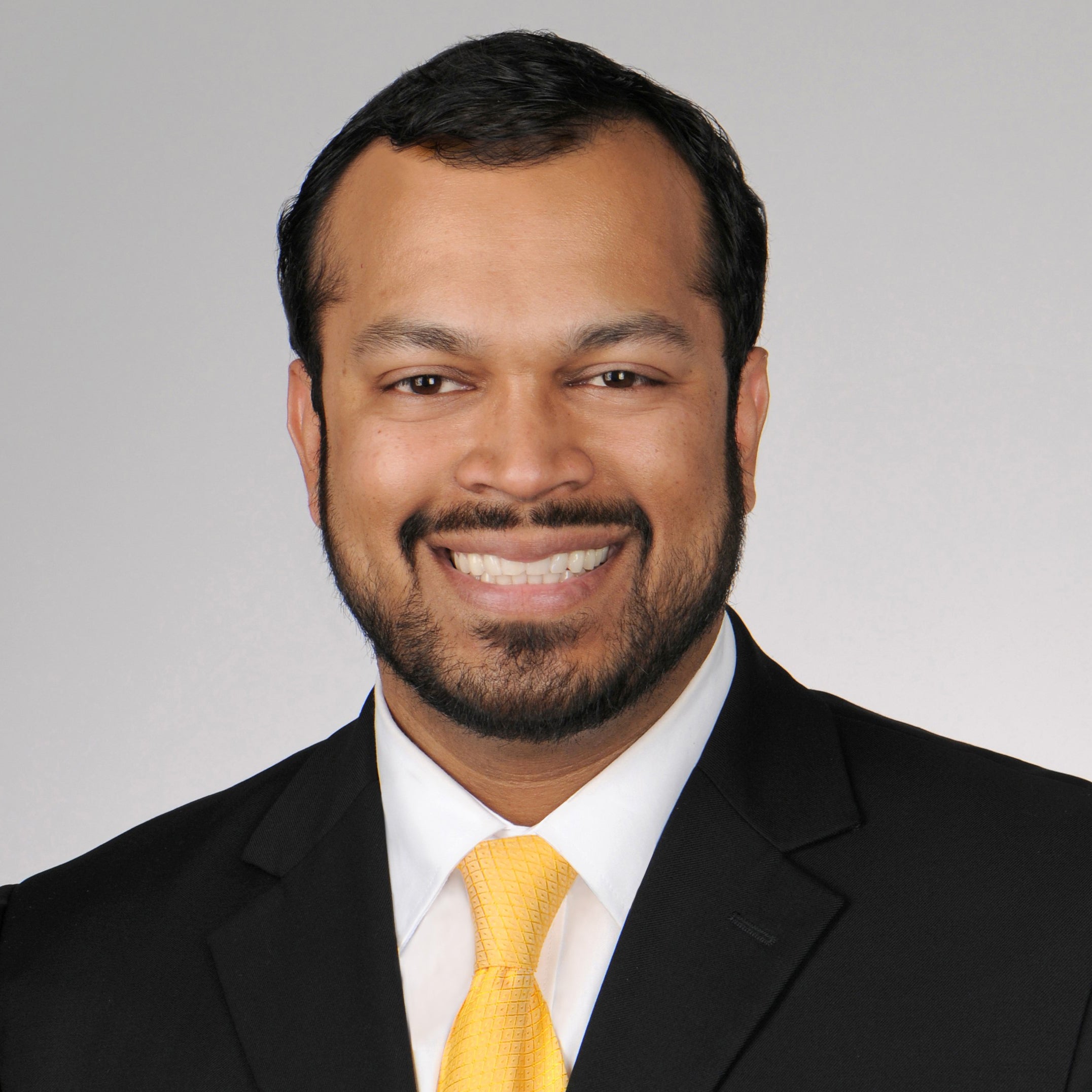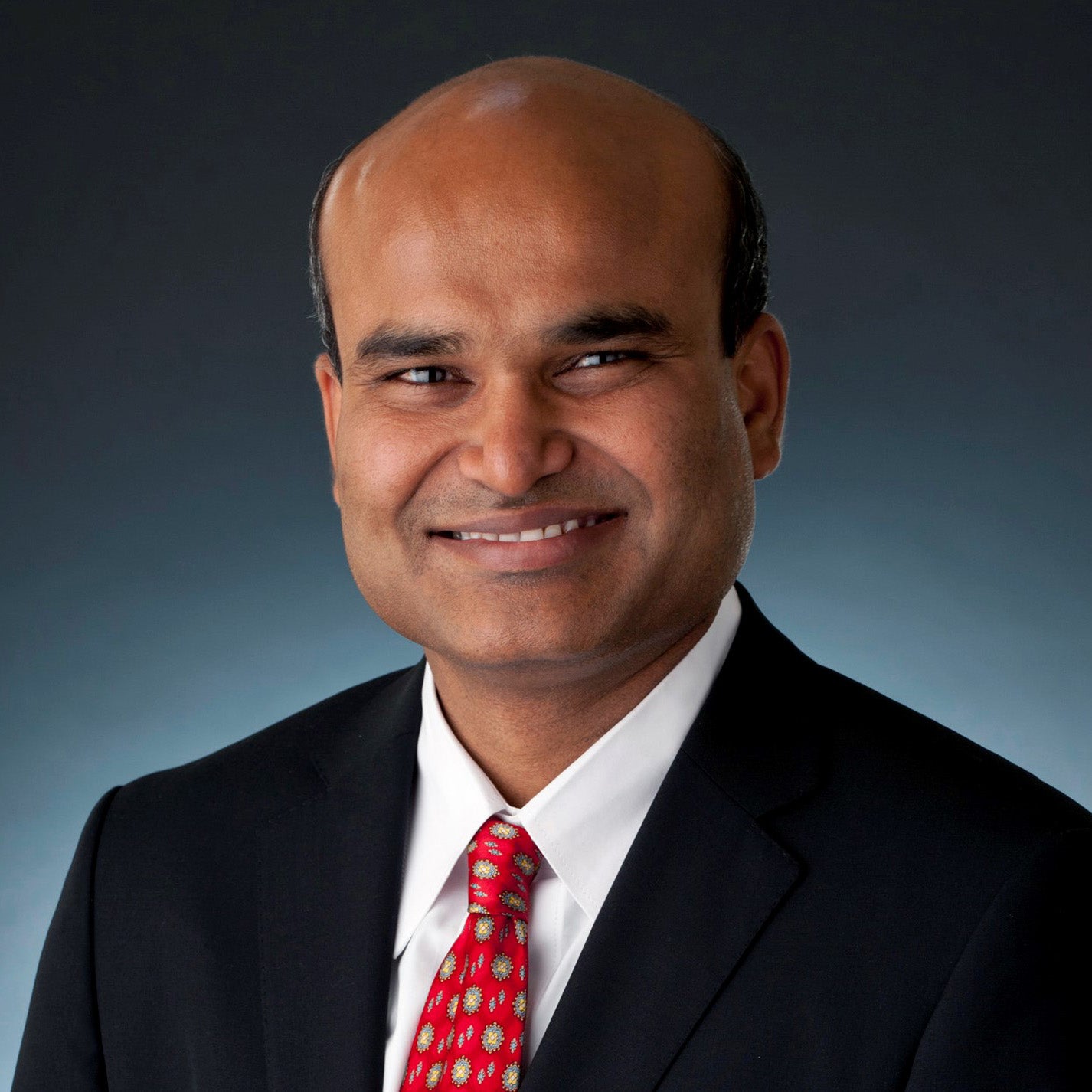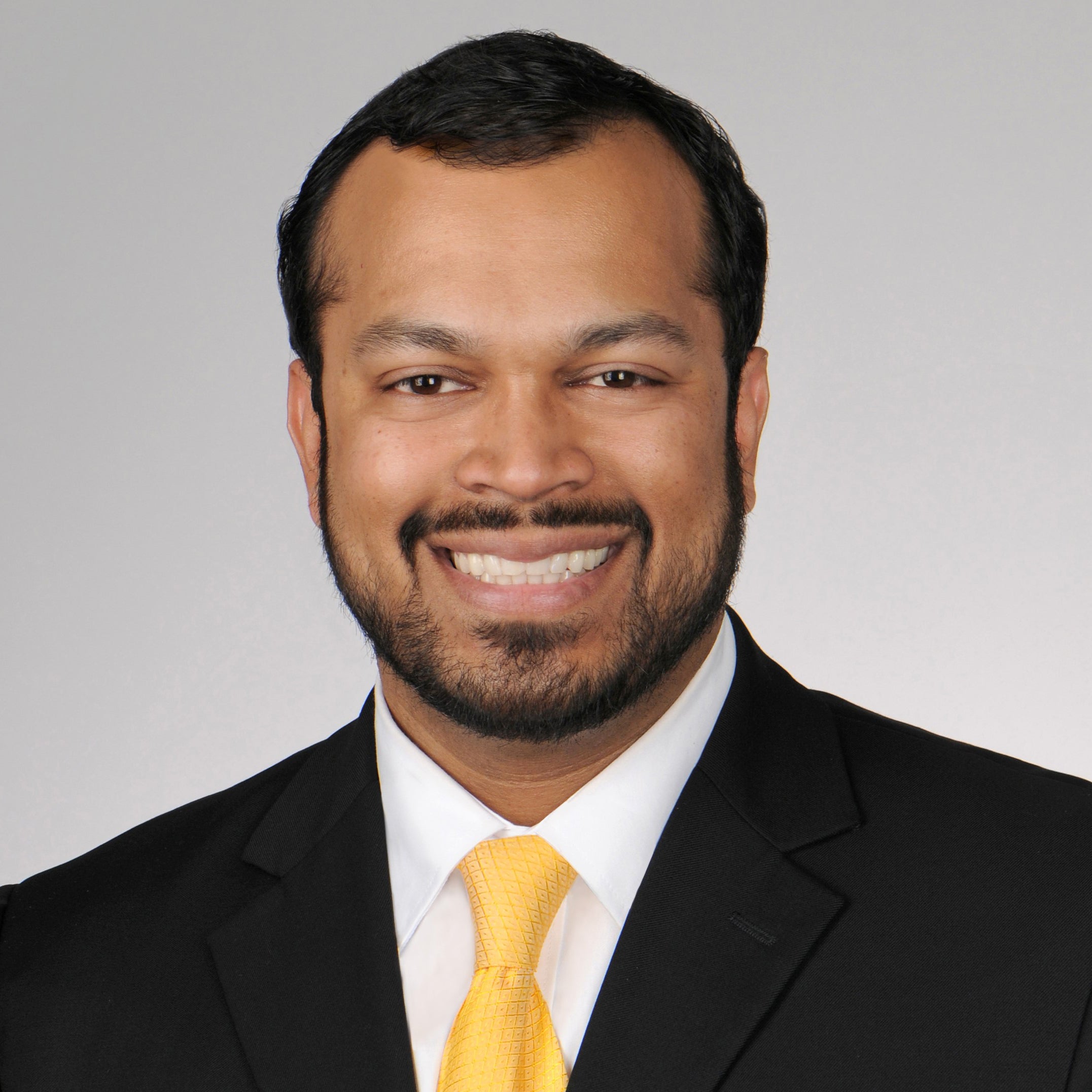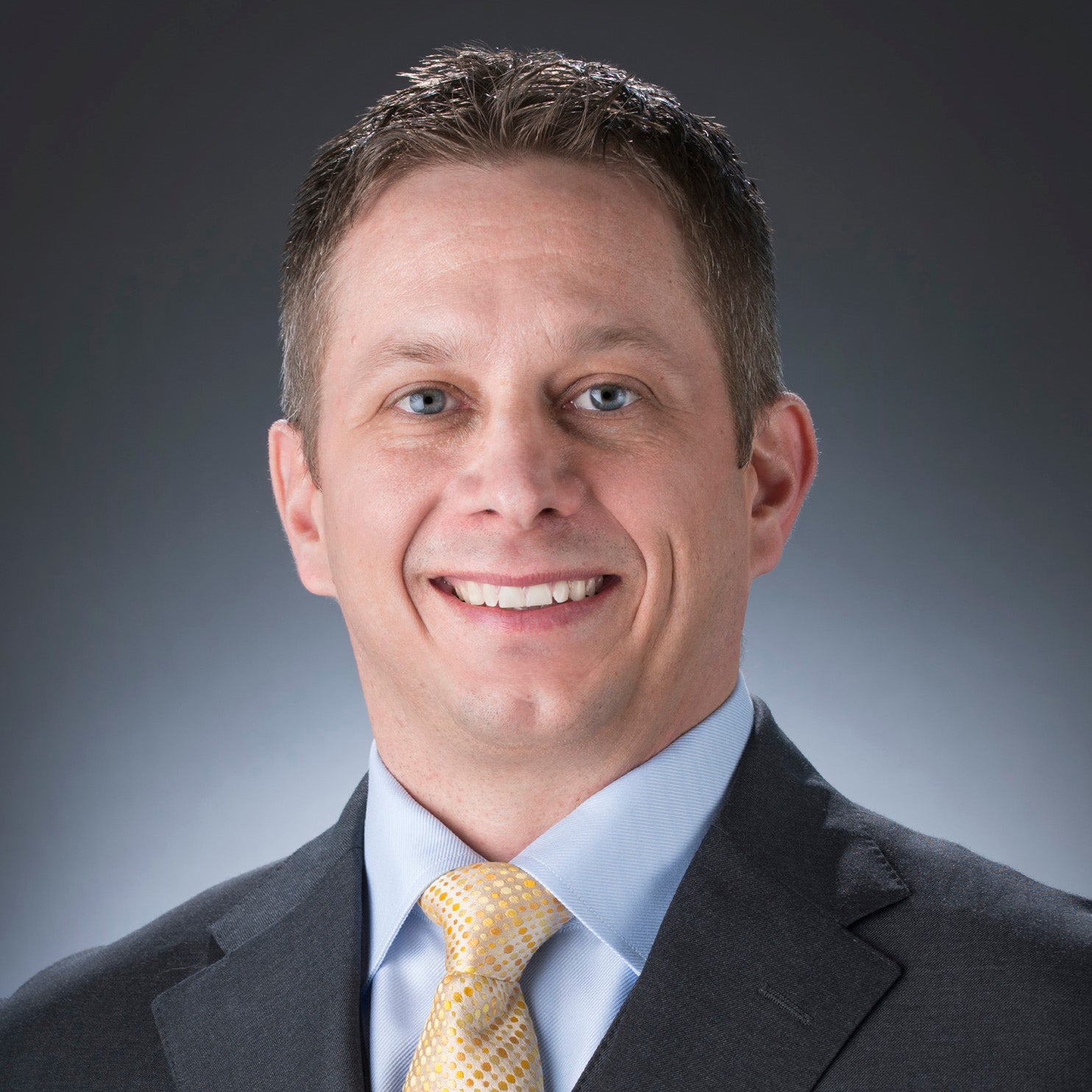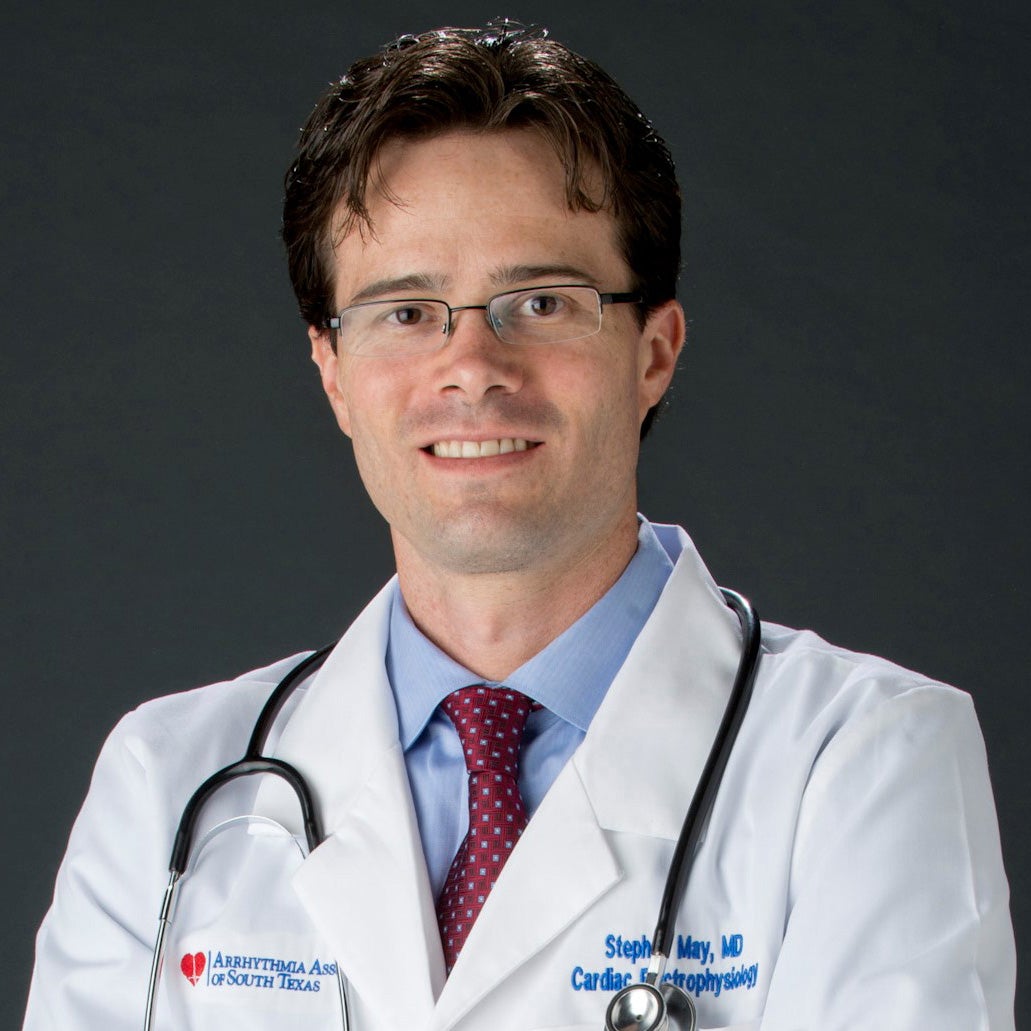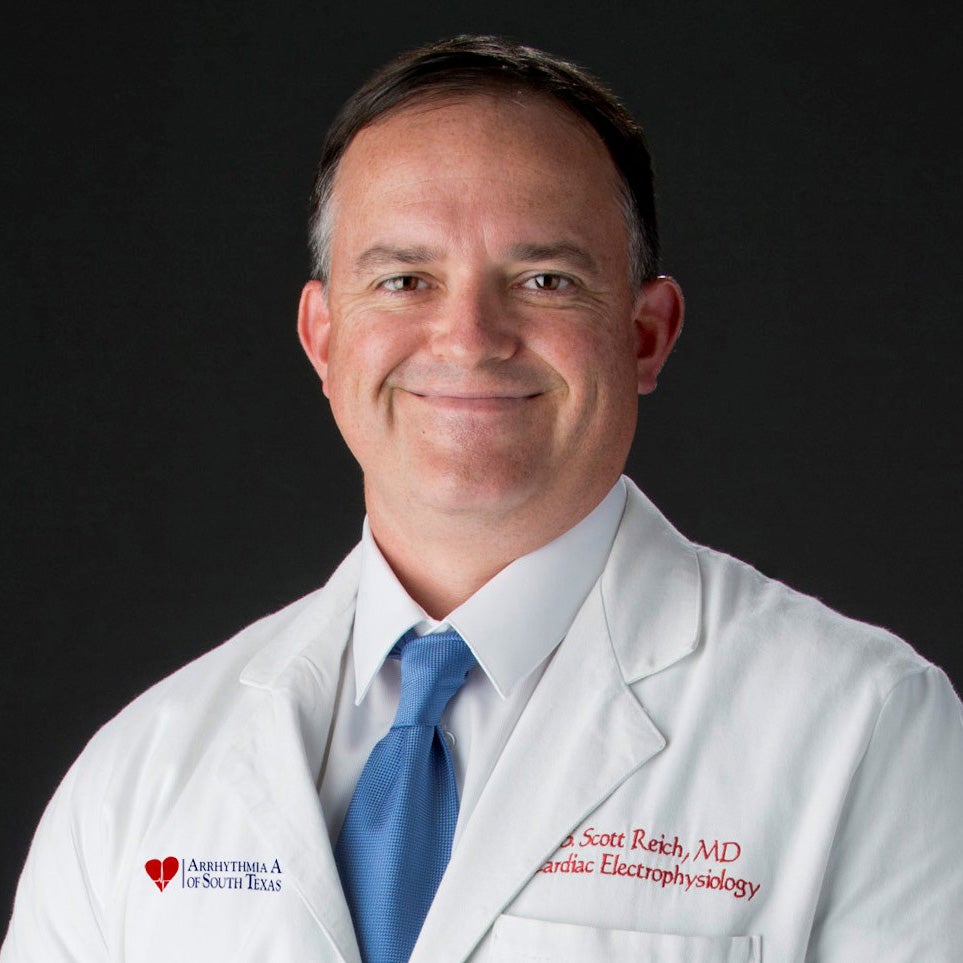Telehealth makes staying on top of your heart health easy and convenient. All you need is a phone, tablet or computer to connect with a cardiac doctor or specialist. Most insurers, including Medicare, cover telehealth appointments. That means in many cases you can see your cardiologist from the safety and comfort of home.
Get Started:
Step 1: Choose the cardiac specialty you are looking for. If you are not sure, select cardiologists.
Step 2: Select a convenient area.
Step 3: Choose a physician and call the number listed. Our friendly team will get you started.

“Having my checkup with the doctor over the phone, excellent! No 40 minute drive to the office, no 20 minute wait, no 40 minute drive back home — HEAVEN!”
George M. 64, Cardiology Patient
Symptoms
These symptoms can mean it’s time to get your heart checked:
Chest Pain
Chest Pressure
Dizziness
Edema
Fainting
Heart Flutters
Heart Skipping
High Blood Pressure
History of Mini-Strokes
Lightheadedness
Palpitations
Rapid Heart Rate
Shortness of Breath
Skipped Heart Beats
Slow Heart Rate
Swelling in Legs
Unusual Heart Rhythm
Vascular Issues
Cardiologists
Every day, the human heart pumps around 2,000 gallons of blood that carries oxygen to all the organs and tissues of your body. When it’s not working correctly, you may experience one or several of the symptoms listed above. Or you may not have any symptoms, but during an annual physical, an irregularity shows up in your electrocardiogram. This is when you see a cardiologist, a physician with three or more years of training beyond internal medicine. Your cardiologist will perform advanced testing and can deliver minimally or non-invasive treatments if needed.
North Central
Northwest
West/Southwest
Alamo Heights/Northeast
Interventional Cardiologists
When more advanced yet still non-surgical treatments are needed for acquired structural heart disease and coronary heart disease, you would see an interventional cardiologist. These are physicians who deliver extremely precise treatments through a small, flexible tube called a heart catheter. The catheter is inserted into the leg, groin or neck, then the interventional cardiologist performs catheter ablations — creating small scars on heart tissue by delivering electrical impulses or a freezing substance.
Downtown/South
North Central/Northwest/West
Alamo Heights/Northeast
Electrophysiologists
Electrophysiologists, or EPs, are cardiologists with advanced training to deal with the electrical impulses that make a heart beat. Cardiac arrhythmia happens when those electrical impulses don’t work correctly, causing your heart to skip a beat, or beat too fast or slow.. A common heart rhythm disorder is atrial fibrillation: AFib. Treatment for AFib varies based on its stage and severity, typically starting with medication then advancing to non-surgical and minimally invasive procedures.
Cardiothoracic Surgeons
When heart conditions cannot be treated with medication and minimally invasive procedures, then you would be referred to a physician specifically trained in surgical treatment of the heart. Physicians who surgically treat all organs inside the chest are known as cardiothoracic surgeons. They are also called cardiac surgeons, cardiovascular surgeons, aortic surgeons or bypass surgeons.
